How To Keep Horses Off Pasture After Mowing: 10 proven Tactics You Do Not Wanna Miss
Sep 05, 2023 | Super Equestrian
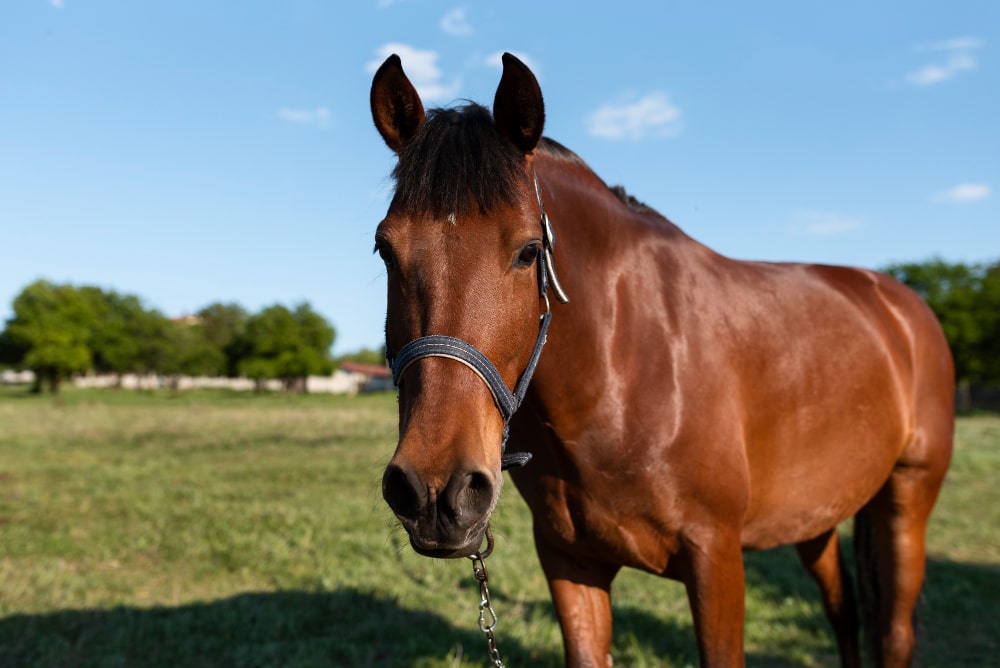
From Fresh Cut to fenced out: clever ways to keep horses away from pasture!!
Assume you've been mowing your pasture for hours, sweat dripping down your brow and blisters forming on your hands. You take a step back to admire your work, but then you see your horses making a beeline towards the freshly cut grass. You watch helplessly as they start to graze, undoing all your hard work and putting their health at risk. Your only concern now is how you can keep your horses off from pasture !!
The problem with horses grazing on freshly mowed pasture is that it can be dangerous to their health. The cut grass is high in sugar and can lead to health issues such as colic, founder, and laminitis. Besides, horses tend to eat quickly and greedily on fresh grass. This can lead to their eating a lot of grass, which might create intestinal issues.
However, keeping horses off freshly mowed pastures can be a challenging task. Horses are naturally attracted to the smell and taste of fresh grass, and it can be difficult to prevent them from grazing on it.
But fear not! In this blog, we will explore 10 creative and effective ways to keep horses off pasture after mowing. So let's dive in and learn how to outsmart those sneaky equines!
1) Equine communication: Understanding your horse as a partner
Understanding your horse's behavior and tendencies is important when letting them graze on freshly mowed pastures. Some horses may have stomach troubles or be more persistent grazers, but others may digest rich grass well. Knowing their individual needs is essential for adjusting your approach when grazing them, ensuring their well-being and proper intake of grass.
Here are a few tips to help you observe and monitor your horse's behavior for better understanding.
- Watch your horse's body language: Do they show signs of anxiety or restlessness when they can't access the freshly mowed area? This might assist you understand how much they want to graze.
- Observe their eating habits: Monitor their eating habits closely to ensure they are getting enough food.
- Note changes in behavior: Observe your horse's behavior before, during, and after the changes you've made. This can help you determine whether the approach you're taking is working, or need any further adjustments.
2) Protect Pasture Area: ensuring effective fencing
Having secure fencing is the most vital step for keeping horses off freshly mowed pasture. You can control where your horse can and cannot go through fencing. This can help prevent overgrazing, reduce the risk of injury, and maintain the health of your pasture.
Checking for any damages in your fence and repairing them is important for ensuring effective boundaries for horses. Here are some tips to help you identify and fix any issues with your fencing:
- Inspect your fence regularly like walk around and check it for any signs of damage, such as holes, cracks, or loose posts.
- Examine the strength of your fence through pushing in various places to check for any weak spots where the fence may be leaning or sagging.
- Repair any damage immediately if you notice any holes or weak spots. You can use strong material(e.g wire, wood) to patch holes and rebuild the weak spot.
- Keep vegetation away from the fence because overgrown vegetation can damage the fence, so keep plants and bushes trimmed away.
3) Establishing Effective Boundaries: creating barriers after mowing
To keep horses off freshly mowed pastures, temporary gates or barriers are widely utilized. Horses can learn where they can graze and where they cannot by establishing clear boundaries, restricting their desire to graze on freshly mowed pasture and encouraging them to stay within defined zones.
Using physical barriers can help prevent grazing in areas where horses are not supposed to be. Here are few tips to help you using physical barrier to discourage grazing:
- Consider large and sturdy obstacles such as rock or logs, that can endure the horses' weight and force.
- Place the barriers properly around the perimeter of the area you want to protect as well as to create a boundary that the horses are less likely to cross.
- Use barriers with visual cues such as flags or colorful tape to increase visibility and discourage grazing.
- Assess the barriers on a regular basis to ensure they are still in place and effective.
4) Safely Secure Your Pasture: installing electric fencing after mowing
Electric fencing is a good approach to keep horses away from fresh meadows. By employing a modest jolt, it creates a barrier that horses will learn to avoid. As a result, the fresh grass is kept and any potential health issues are prevented. It is a practical and affordable option for horse owners.
It's important to be careful and follow safety rules when building and using the fence. This will help keep the horses and people safe. Here are some tips to help you installing and using electric fencing safely and efficiently:
- Choose a suitable location to install the electric fence. Keep away from any metal items that might interfere with the electric current as well as inaccessible to people, especially youngsters.
- Use high-quality materials such as robust fence posts, long-lasting insulators, and dependable chargers. Low-quality materials may cause faults in fences or significant safety hazards.
- Proper grounding of the fence is critical for optimal electric current flow. So, use suitable grounding rods and wire.
- The electric fence must be maintained on a regular basis to guarantee its efficiency and safety. Check the fence daily and make repairs as needed.
- Always use caution when working with electric fencing. Turn off the fence charger when working, wear protective gear and avoid touching the fence wires while the charger is on.
5) Keeping Horses Well-Fed: provide plenty of hay after mowing
Horses are grazing animals and need to eat throughout the day. Providing plenty of hay is essential to satisfy this natural tendency and maintain their overall health and well-being. Hay is a good source of fiber, which aids in digestion and helps keep horses occupied and mentally stimulated.
Here are a few tips to help you choose the right type of hay and provide it to horses.
- Provide high-quality hay that is free of mold, dust, and weeds. Also, green and leafy with a sweet smell.
- Determine the nutritional needs and choose hay accordingly. Particularly, if your horse has special dietary needs, then choose a hay with higher protein.
- Offer different types of hay ensuring they get a wide range of nutrients such as timothy, orchard grass, alfalfa, and bermuda grass.
- Use a hay net or slow feeder that will assist slow down horse's consumption as well as prevent boredom and encourage natural foraging behaviors.
- Store hay in a dry place or well-ventilated area to prevent spoilage and mold growth.
6) Limiting Pasture Intake: using grazing muzzles after mowing
Grazing muzzles are a useful tool for horse owners who need to limit their horse's grazing on freshly mowed pasture. It can help control a horse's intake of grass and prevent them from overeating, while still allowing them to graze and move around freely. The muzzle fits over the horse's nose and mouth, with a small opening that allows them to eat grass in small amounts.
Here are some tips to help you choose the right size of muzzle and use it.
- select one that fits your horse properly and allow them to eat and drink comfortably.
- Choose the right type that works best for your horse's needs.
- Introduce the grazing muzzle gradually to your horse, allowing them time to adjust to wearing it.
- Make sure the muzzle is not too tight and that your horse is still able to breathe easily.
- Clean the grazing muzzle regularly to prevent the buildup of bacteria and dirt.
7) Managing Your Pastures: rotating fields to keep horses off from pasture
Rotating pastures is important to keep horses and land healthy. It involves moving horses from one area to another to let the grass recover. This helps avoid grazing on freshly mowed areas and promotes long-term health and productivity of the land.
Here are a few tips on rotating pastures properly and creating a schedule for horses:
- Divide your pasture into two or more sections which will allow horses move to fresh areas while the previous section rests and recovers.
- Pay attention to grass growth as it depends on the season and weather. So, adjust your rotation schedule accordingly
- Use temporary fencing for creating smaller grazing areas which will help rotating pasture more easily.
- Rotate pastures frequently to prevent overgrazing and promote healthy grass growth.
- Adjust your rotation schedule if horses are experiencing any digestive issues or reluctant to move to a new area.
8) Preventing Overgrazing: using taste deterrents after mowing your pasture
Taste deterrents are substances that are added to freshly mowed pastures to discourage horses from grazing on the new growth. These compounds have a bitter taste that horses dislike, which can help to lessen the risk of health problems linked with grazing on too rich pastures.
Here are a few tips on how to choose the right type of taste deterrent and use it properly:
- Choose a natural taste deterrent such as chili peppers or garlic.
- Follow the manufacturer's instructions carefully for safety precautions.
- Test the deterrent first to ensure the product is effective and safe.
- Apply the deterrent correctly and evenly across the pasture.
- Reapply the deterrent as needed, especially after heavy rain.
- Don't overuse the deterrent as it can be inconvenient for horses' digestion.
9) Teaching Good Habits: training your horse to stay off pasture after mowing
Teaching your horse to avoid freshly mowed areas is important for responsible ownership. It helps prevent problems and promotes a healthy environment for your horse. You can train your horse with verbal commands or fencing to keep them out of these areas.
Here are a few tips on how to use positive reinforcement and other training techniques to modify your horse's behavior:
- Establish a foundation of basic training skills such as leading, stopping, and backing up.
- Reward(e.g treats , praise) your horse for desirable behaviors, like staying in a certain area or responding to a command.
- Set clear boundaries and enforce them consistently to help your horse learn.
- keep training sessions short and frequent to prevent boredom and frustration.
- Use clicker training as positive reinforcement.
- Avoid using punishment or negative reinforcement to modify your horse's behavior.
- Seek professional help if you're having trouble modifying your horse's behavior.
10) Creating Alternative Grazing Spaces: keeping horses away from pasture after mowing
Creating alternative grazing areas is the final option to keep horses off freshly mowed pastures. A dry lot or sacrifice paddock can offer a safe and secure place for your horses to graze without access to the freshly mowed area. It's an easy and effective way to take care of your horse and land at the same time.
Here are some simple and easy tips on creating alternative grazing areas and using them for horses:
- Look for sacrifice areas on your property that are suitable for grazing.
- Evaluate some factors such as soil quality, drainage, and access to water.
- And make it a second pasture for horses including fencing(e.g solid barrier or electric fencing), rotating and others.
- Provide access to water in the grazing area.
- Regularly monitor the alternative grazing area to ensure that it is being used effectively.
Conclusion
Overall, to keep horses off freshly mowed pasture, you need to understand your horse's behavior and tendencies, ensure effective fencing, establish clear boundaries using physical barriers or electric fencing, provide plenty of hay to keep them well-fed, and use grazing muzzles to limit pasture intake.
Please let us know in the comments if our 10 tips helped you keep your horses off pasture after mowing. Your feedback is greatly appreciated and valuable to us and our community of horse lovers. Thank you!
Recent Blogs
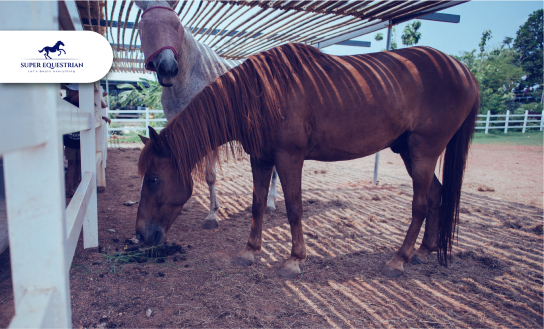
Common Equine Diseases and How ...
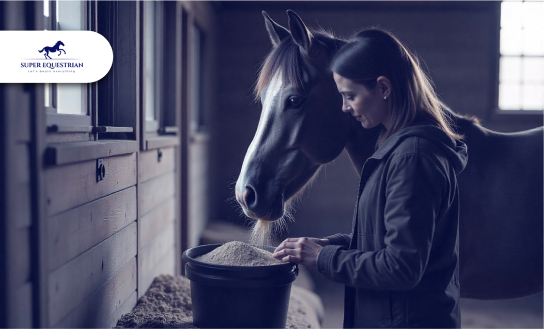
Equine Health Supplements: What Every ...
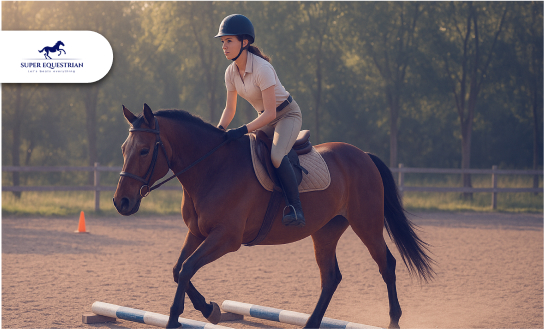
Jumping Basics: How to Prepare ...
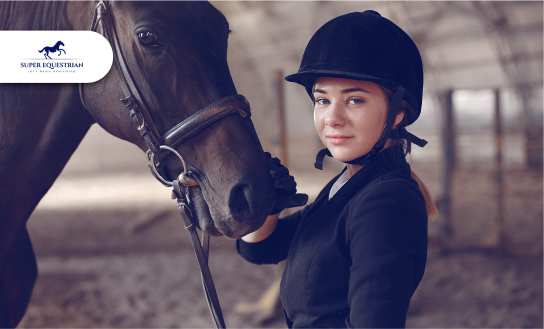
Essential Horse Riding Gear for ...
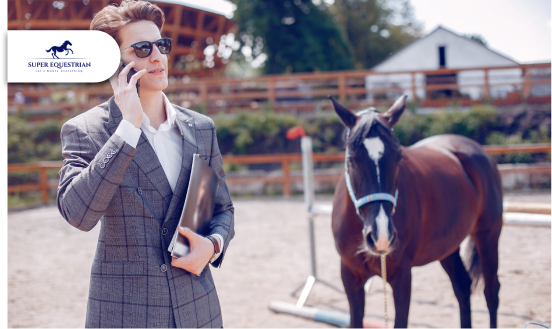
How to Balance Work, Life, ...

How to Balance Work, Life, ...
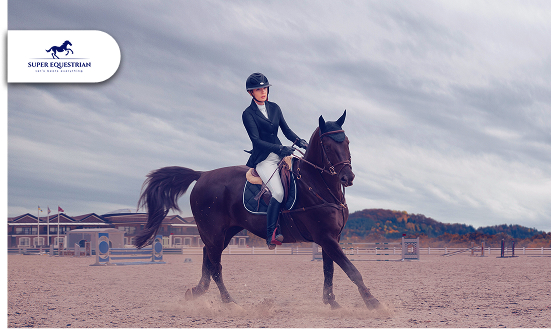
Top 5 Exercises to Improve ...
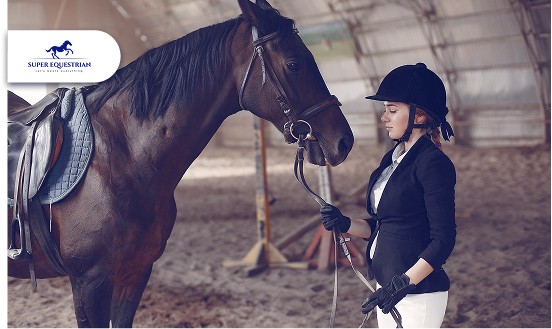
How to Build Confidence as ...
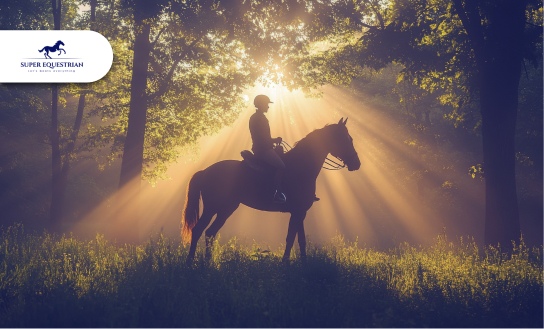
Spotlight on Equestrian Legends: Riders ...
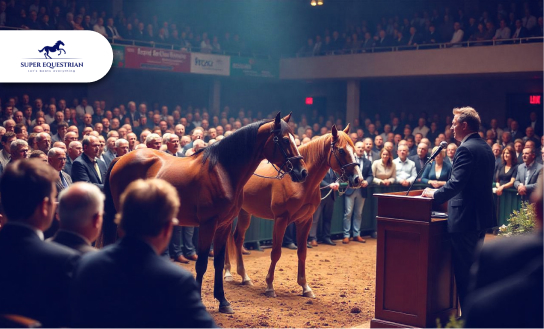
Horse Auctions and Sales...

Top Horse Friendly Travel Destinations ...

How to Build Stronger Bonds ...

Upcoming Horse Shows and Competitions ...

MIPS Equestrian Helmet The Future ...
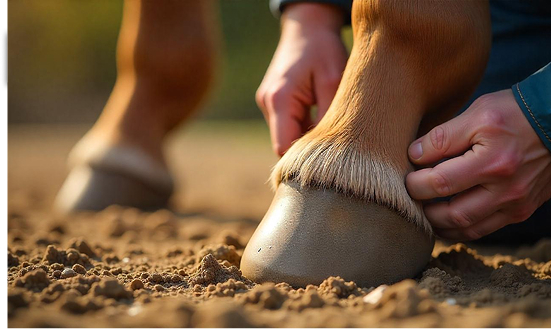
How to Recognize and Treat ...
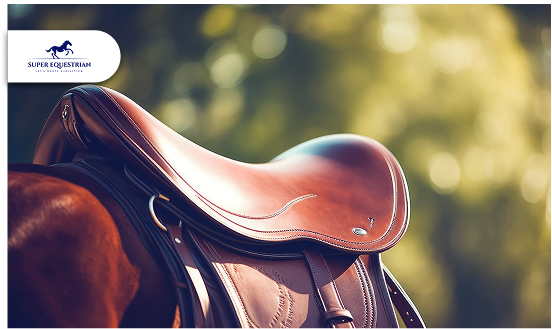
How to Choose the Perfect ...
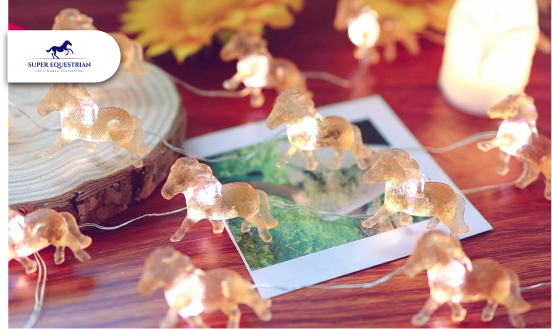
Horse-Themed Gifts Unique Ideas ...
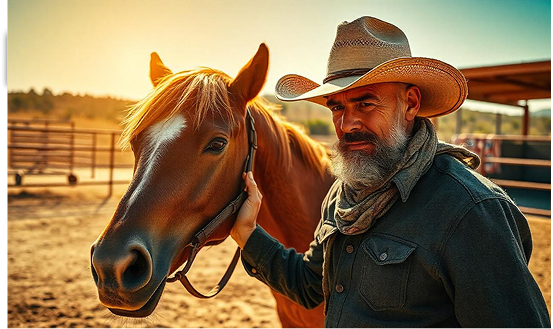
Horse Training Techniques: Creating A ...
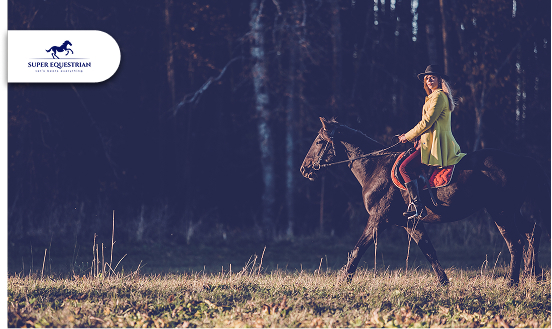
Horseback Riding Lessons – Everything You ...
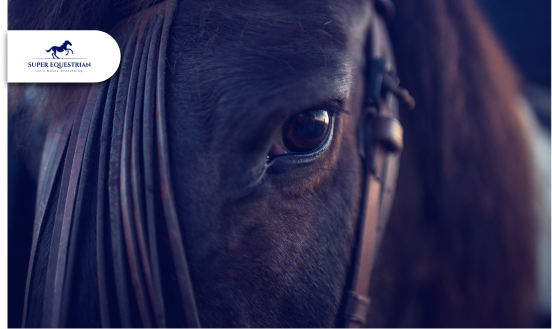
Horse Photography Tips: Learn the ...
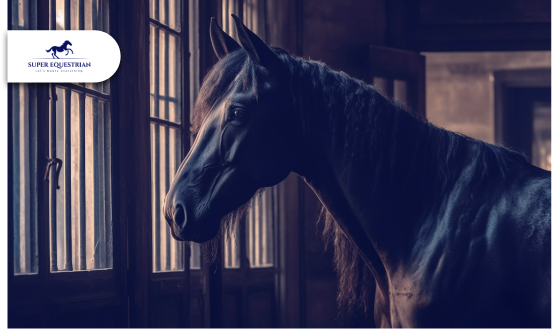
Horse Stable Management: The Quiet ...
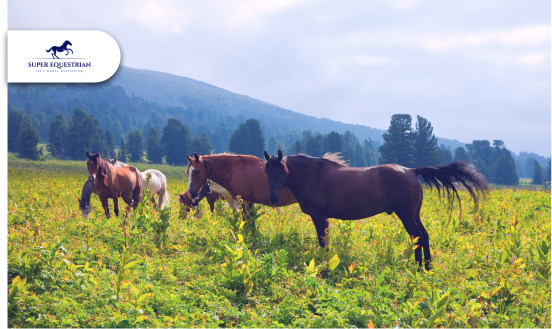
Horse Rescue Organizations: A Profound ...
Horse Racing Events A Look ...
Best Horse Manure Fork Six ...
What Are The Rarest Horses ...
What Does It Mean When ...
Horse Insurance Providers This Is ...

Horse Behaviour and Psychology: Learn ...

How Much Does a Horse ...
.jpg)
Best Monoflap Saddles For Your ...
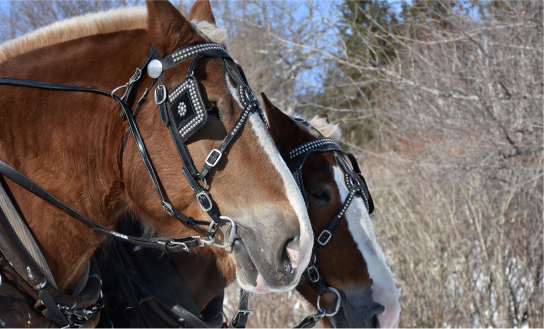
Best Hackamore For Barrel Racing...
.jpg)
Best Barrel Racing Reins Top ...
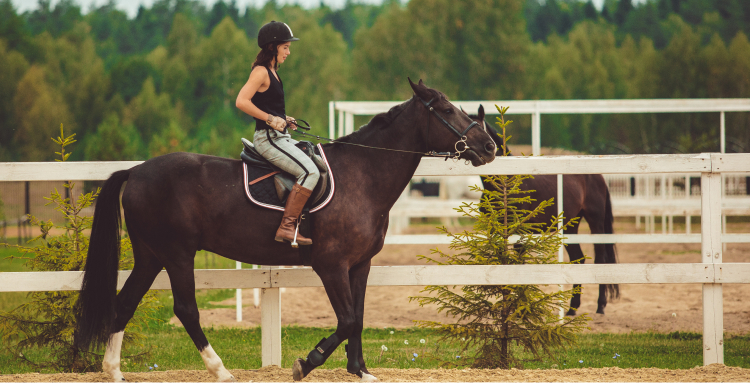
Horse Anatomy And Physiology: Facts ...
.jpg)
Best Stirrups For Ankle Pain - ...
.jpg)
Horse Care Tips and Tricks: ...
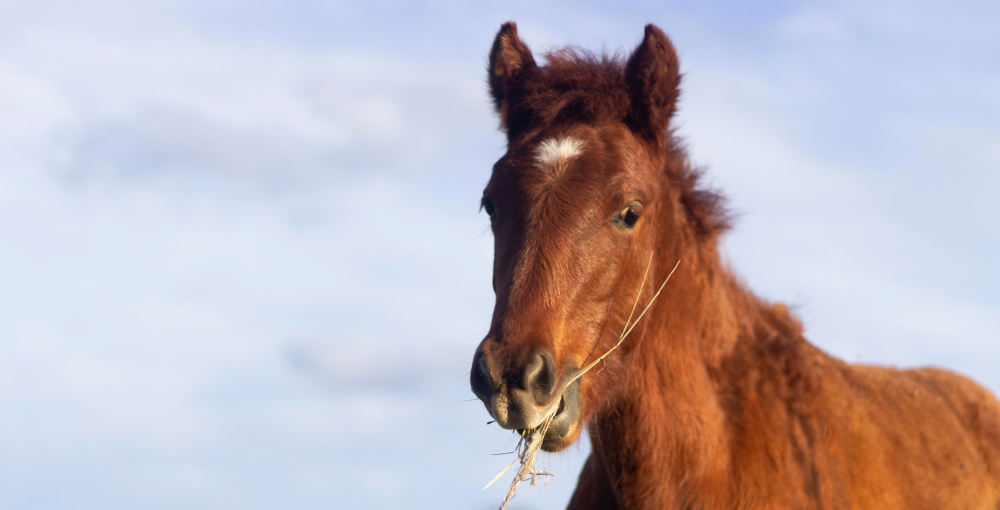
What Do Wild Horses Eat- ...
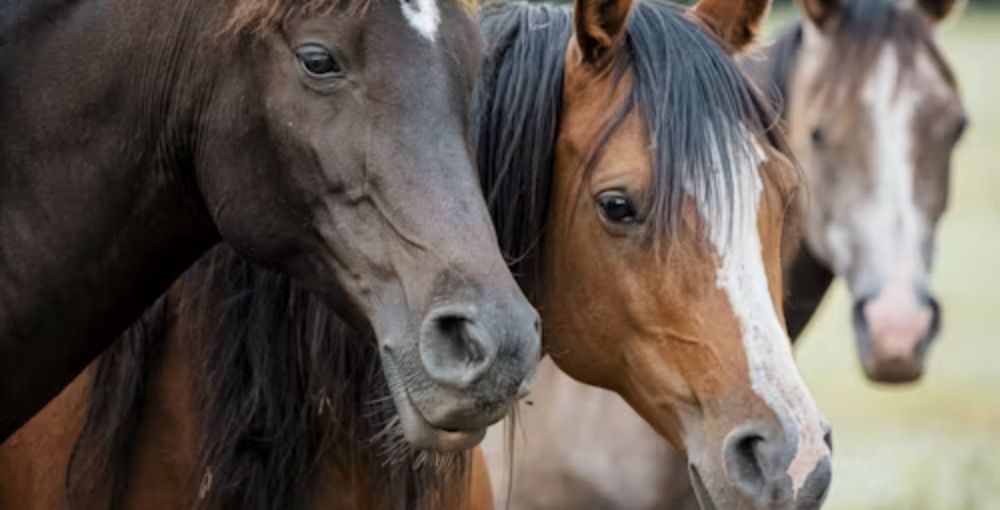
Horse Breeds and Characteristics: How ...
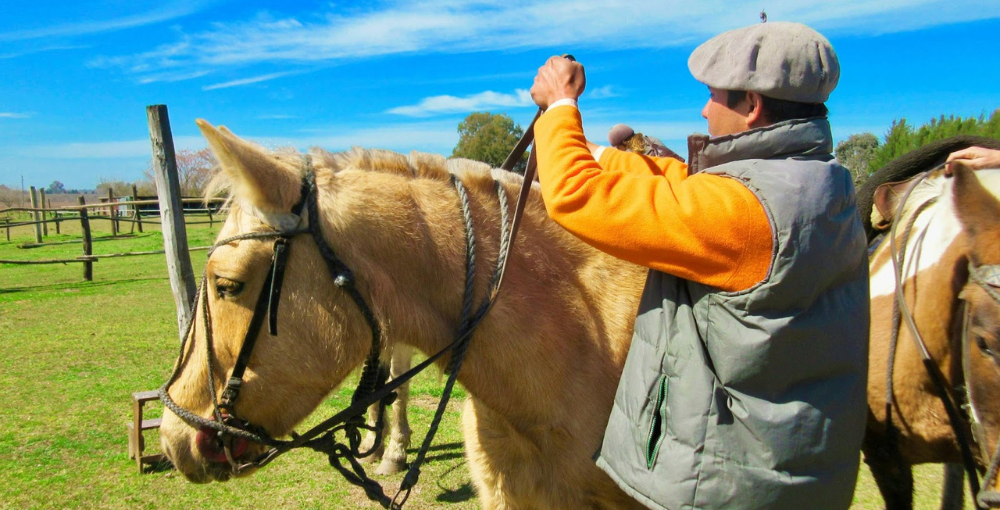
Best Barrel Racing Reins - Top ...

Horse Breeds and Characteristics: How ...
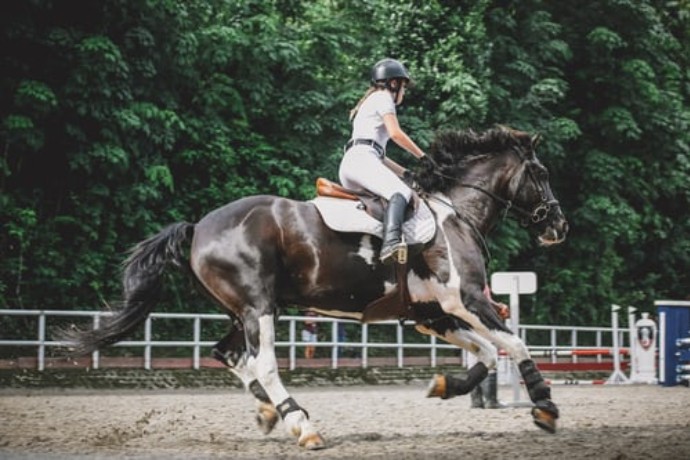
Best Breeches For Curvy Riders...
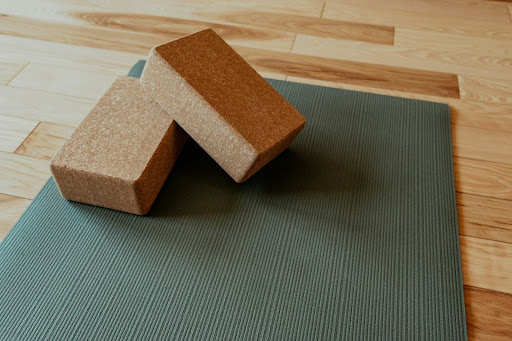
Best Stall Mats For Horses - ...

Best Horse Brushes ( A Thread ...

Best Saddle Rack ( Keep Your ...

Best Bit For Training a ...
.jpg)
10 Morgan Horse Show Held ...
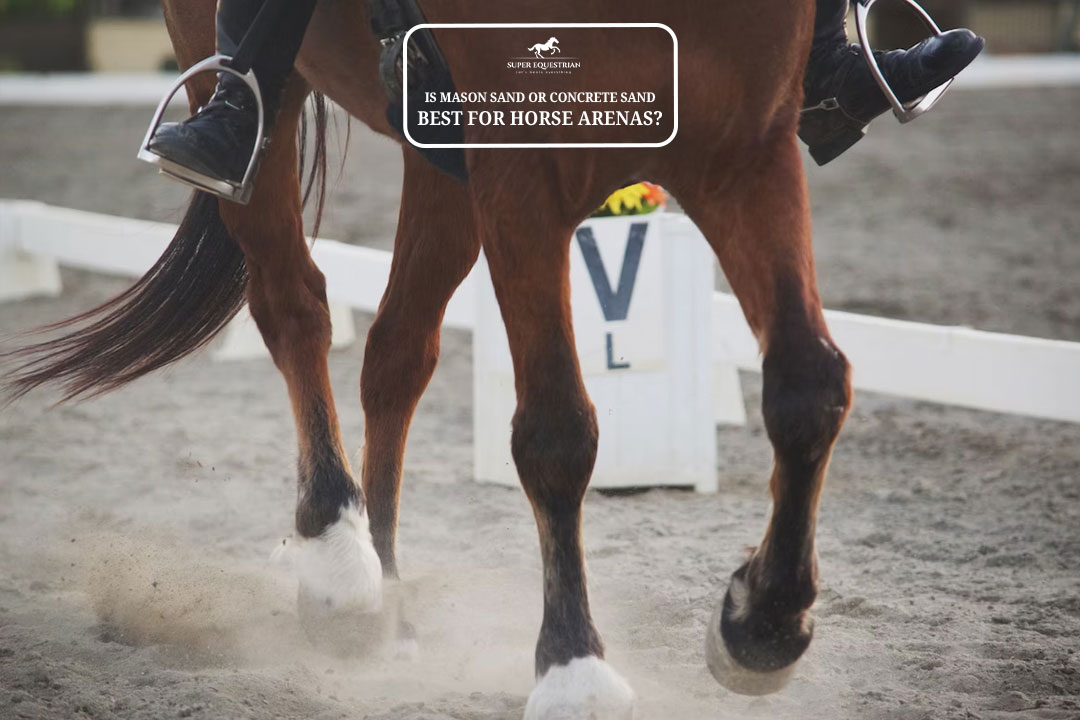
Is Mason Sand Or Concrete ...
.jpg)
Best Girth For Your Horse ...
.jpg)
Ranch Cutter vs Cowhorse Saddle? ...
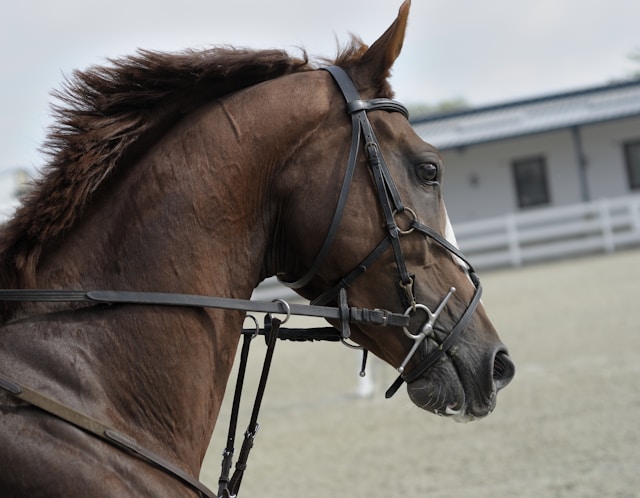
Types of Horse Bit and ...
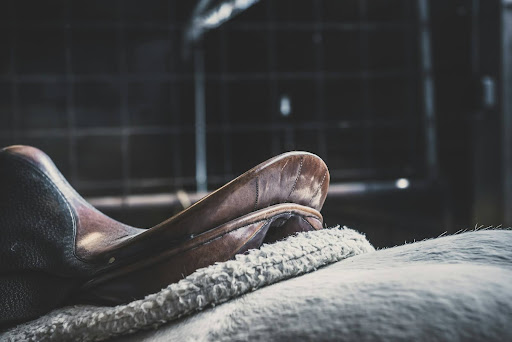
Is Hilason a Good Saddle ...
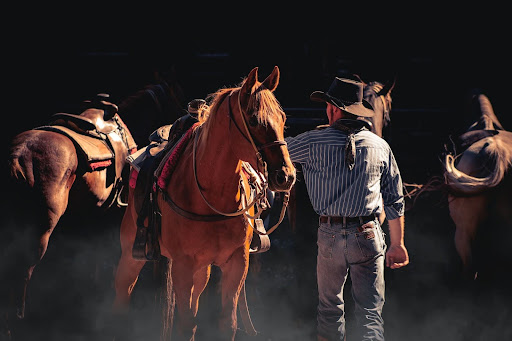
How to choose a bit ...
.jpg)
Best Salt Blocks For Horses...
.jpg)
Types of Horse Brushes (Equine ...
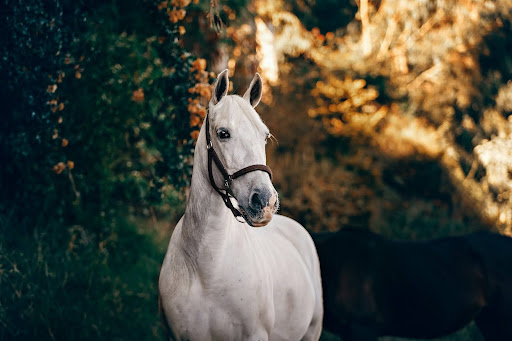
How To Get a Horse ...
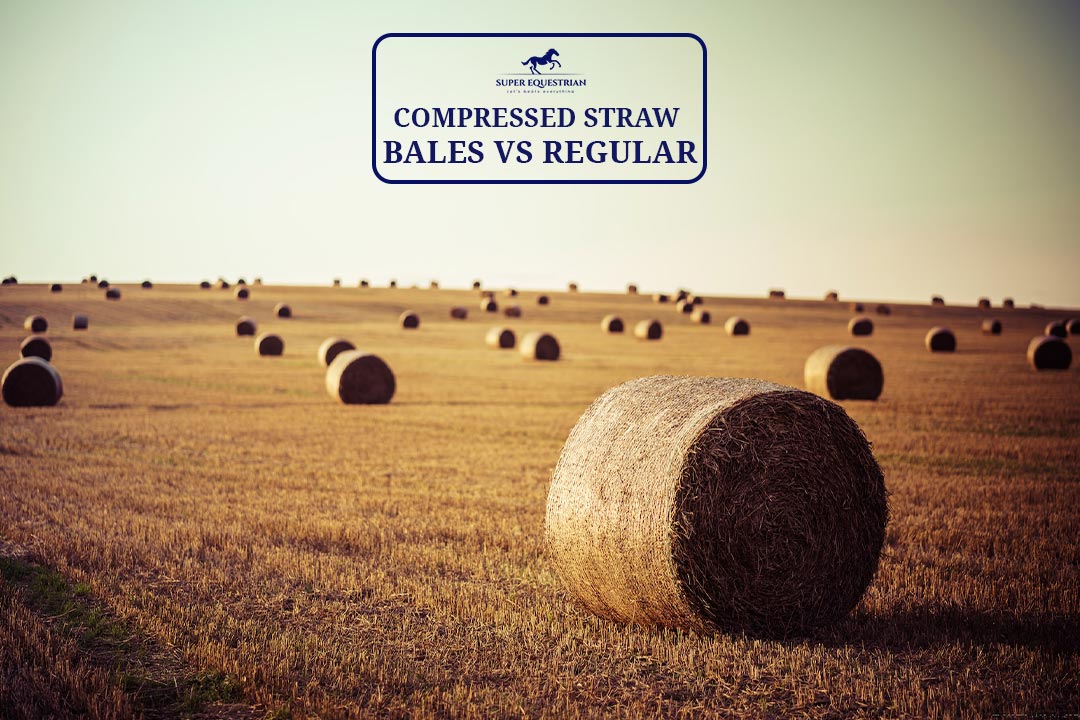
Compressed Straw Bales Vs Regular? ...
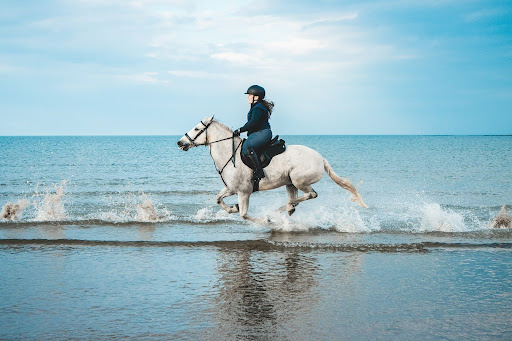
Horse Riding Lessons For Intermediate ...
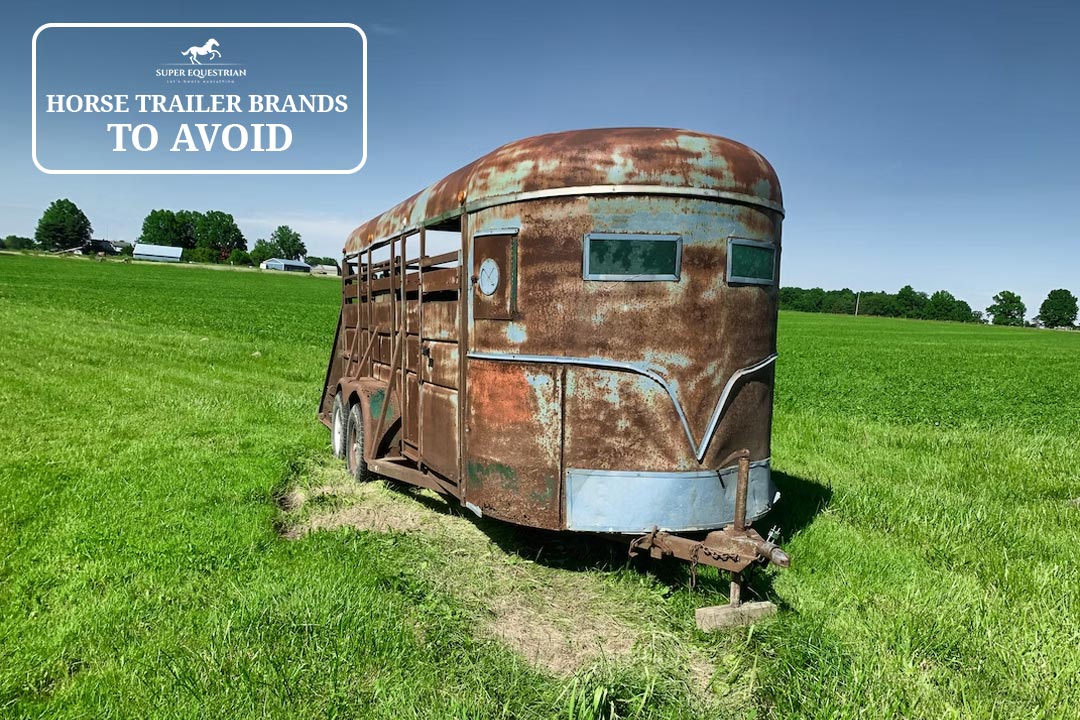
Horse Trailer Brands To Avoid...

Strawberry Roan vs Red Roan? ...
.jpg)
Gelding vs Stallion...
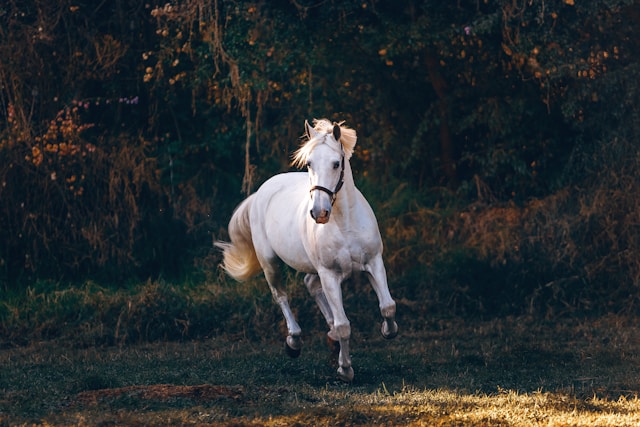
Why Does a Horse Whinny? ...
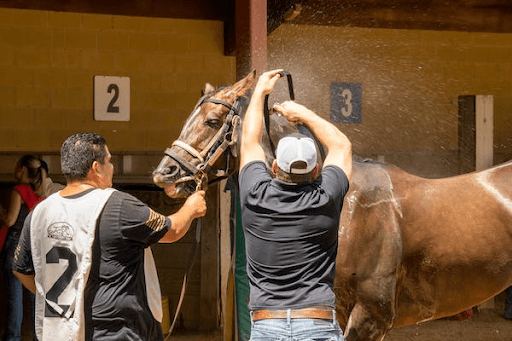
How to Clean a Rusty ...
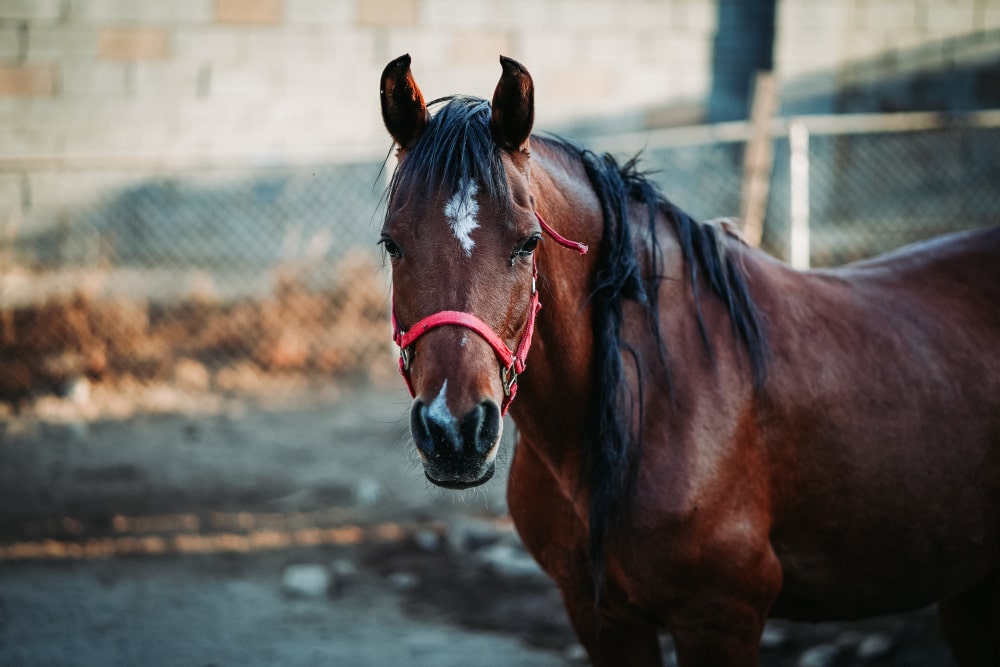
Why Do Horses Foam at ...
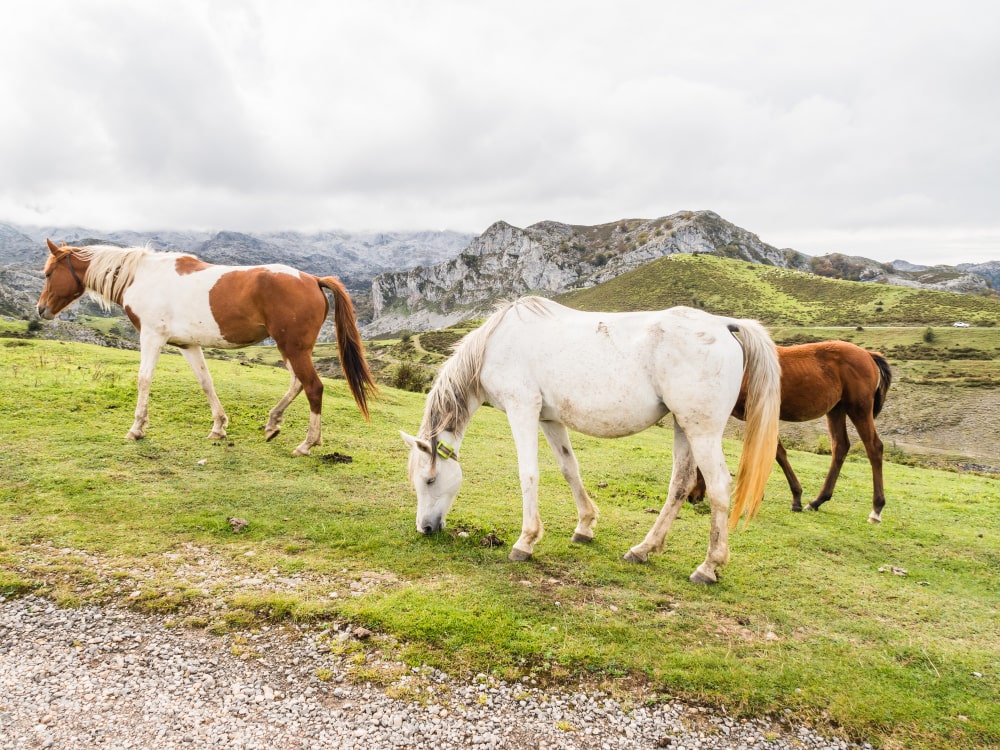
Why Do Horses Bob Their ...

Nutrition Unveiled: Triple Crown Senior ...
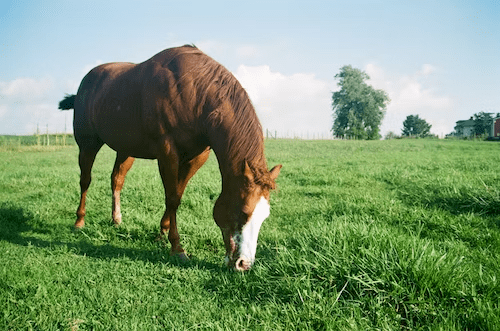
Pasture Pro Vs. Grazon: Horse-...
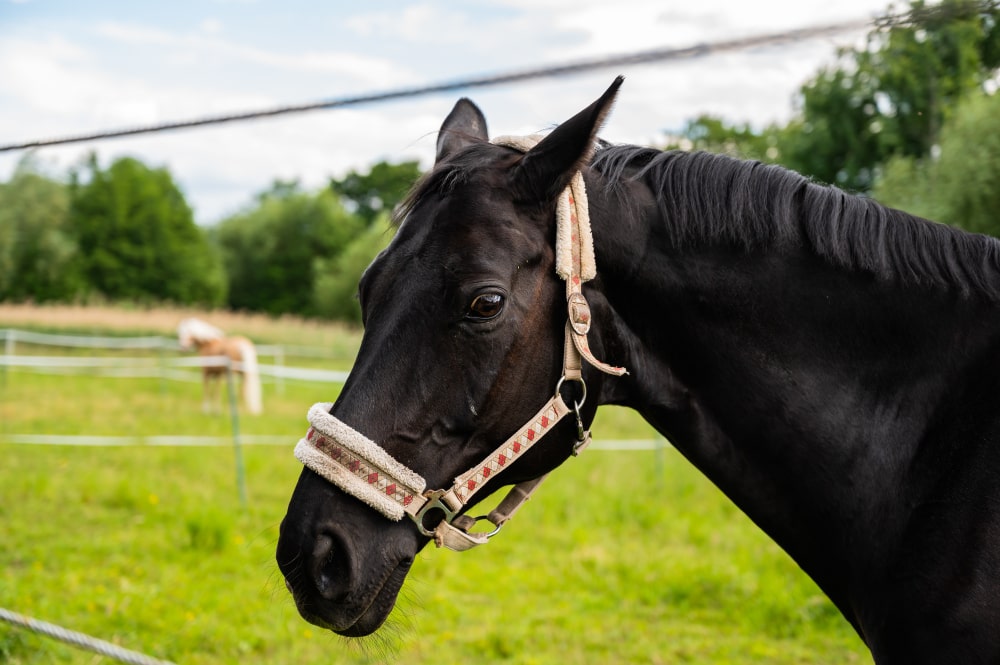
Dutch Gag Vs. Pelham: Bits ...
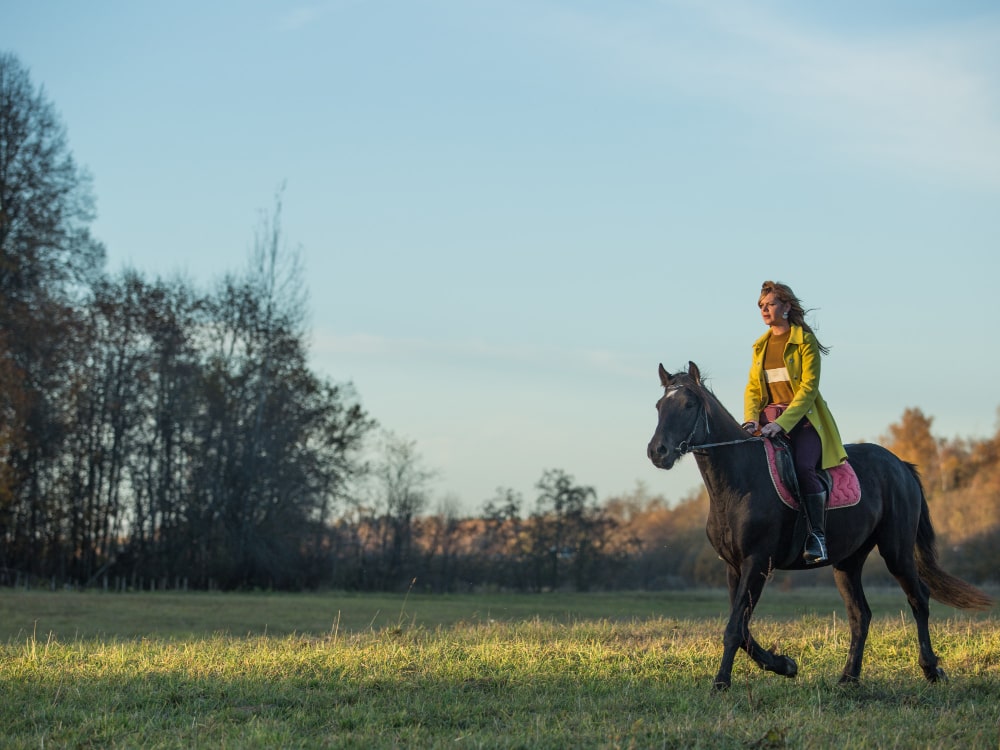
Walking Horse vs Racking Horse: ...
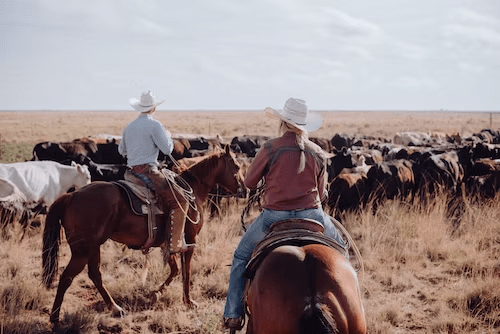
Wade vs Association Saddle: Your ...
.jpg)
Step Up vs Ramp Horse ...

Bosal vs Hackamore: A Head-...
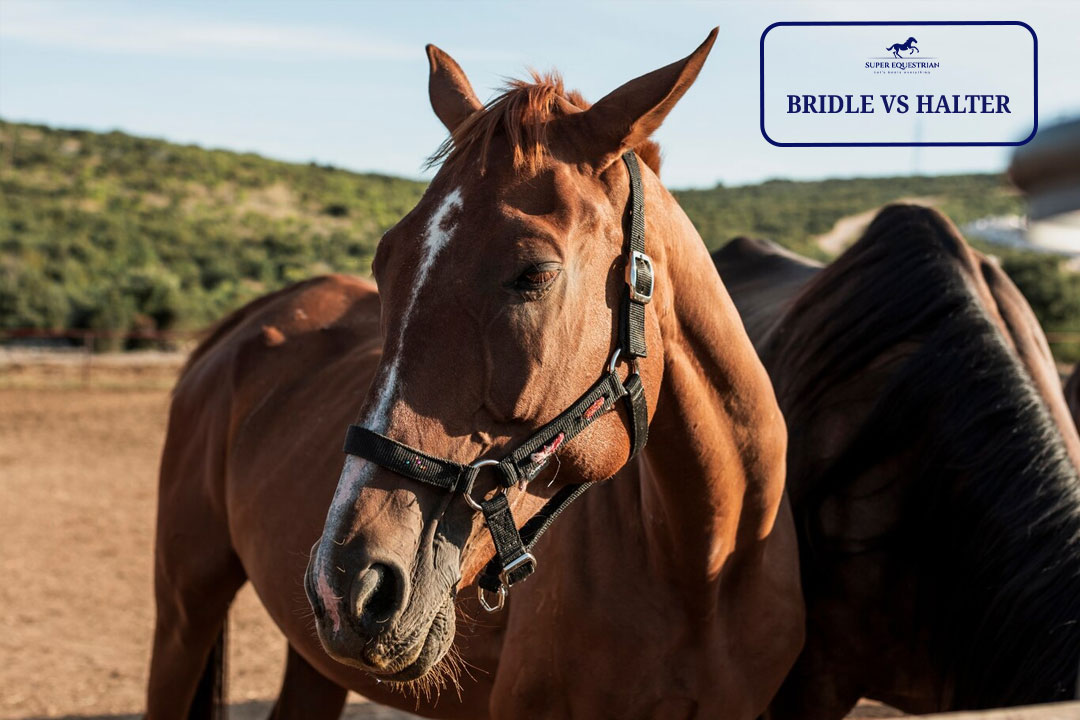
Bridle Vs Halter: Which One ...

Paddock Boots Vs Riding Boots: ...

Shadow Horse Trailer Problems: Causes, ...
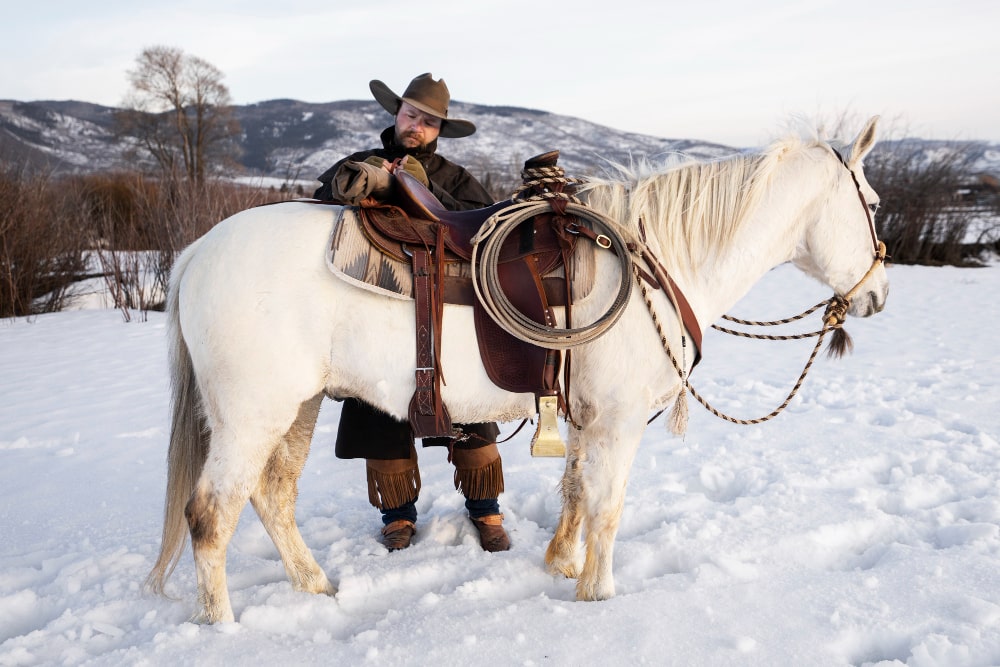
Are Billy Cook Saddles Good - ...

Let's Start at the ...
Benefits of Beet Pulp for ...
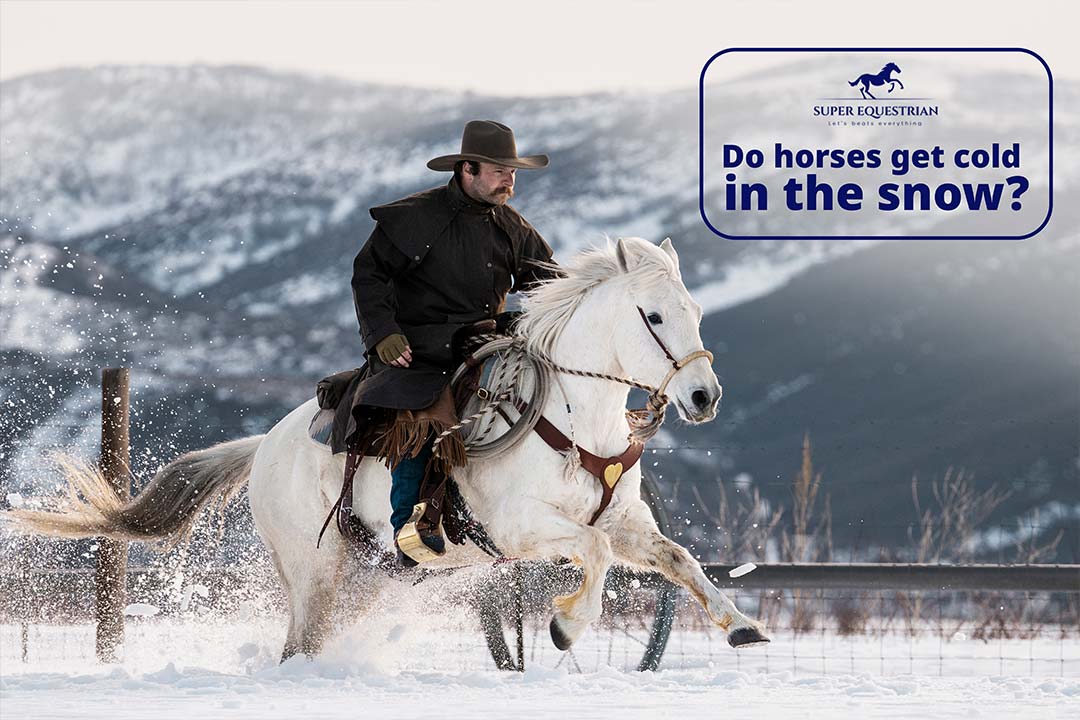
Do horses get cold in ...
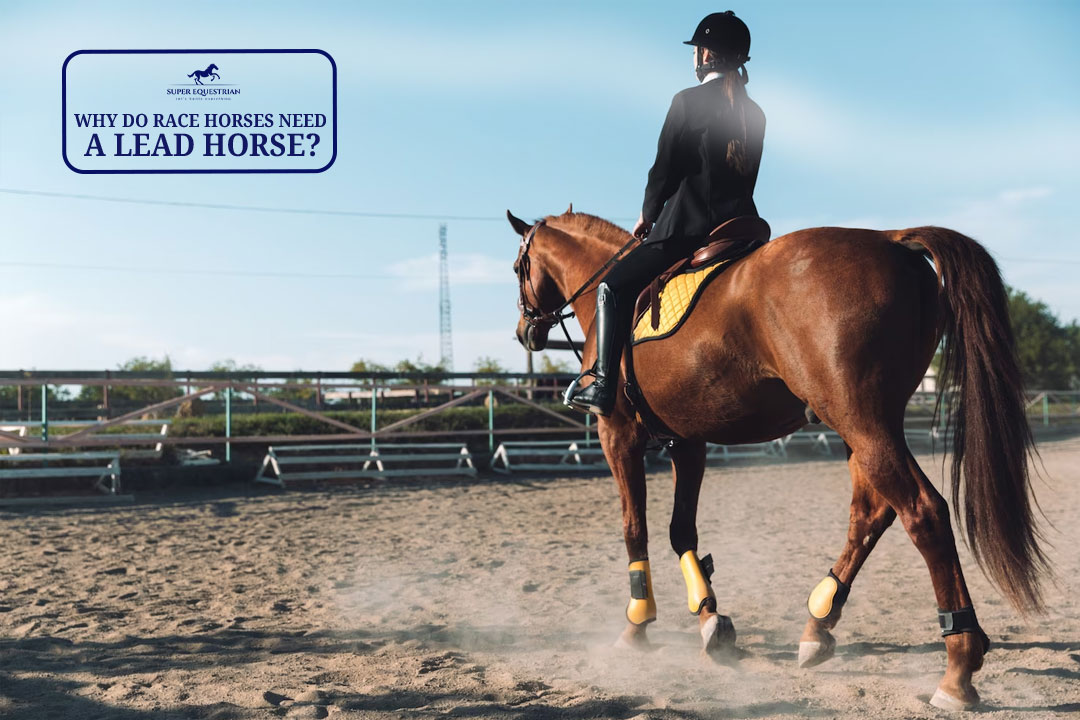
Why Do Race Horses Need ...
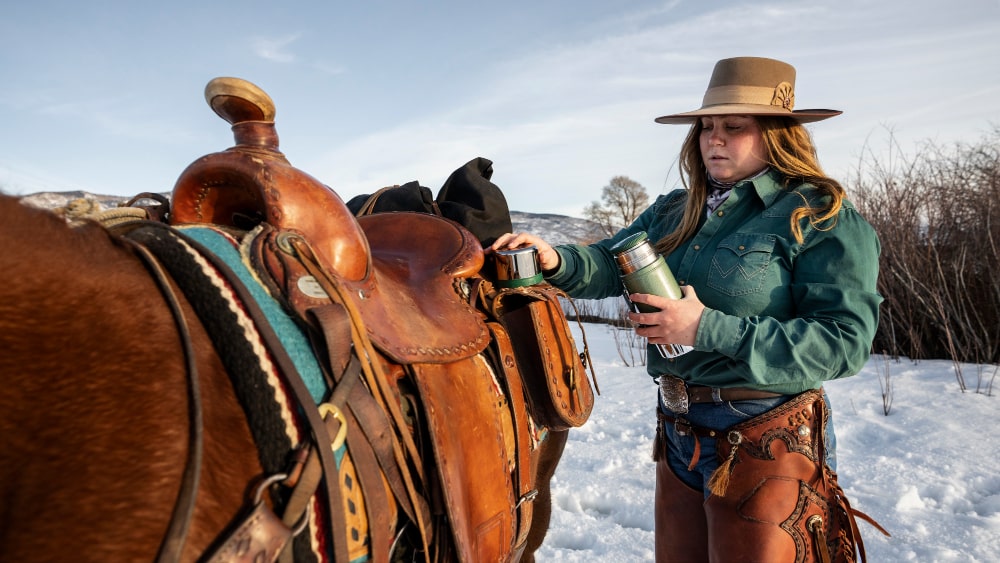
Ranch Saddle vs. Roping Saddle: ...

Round Pen vs Square Pen ...

Must Have Horse Trailer Accessories: ...
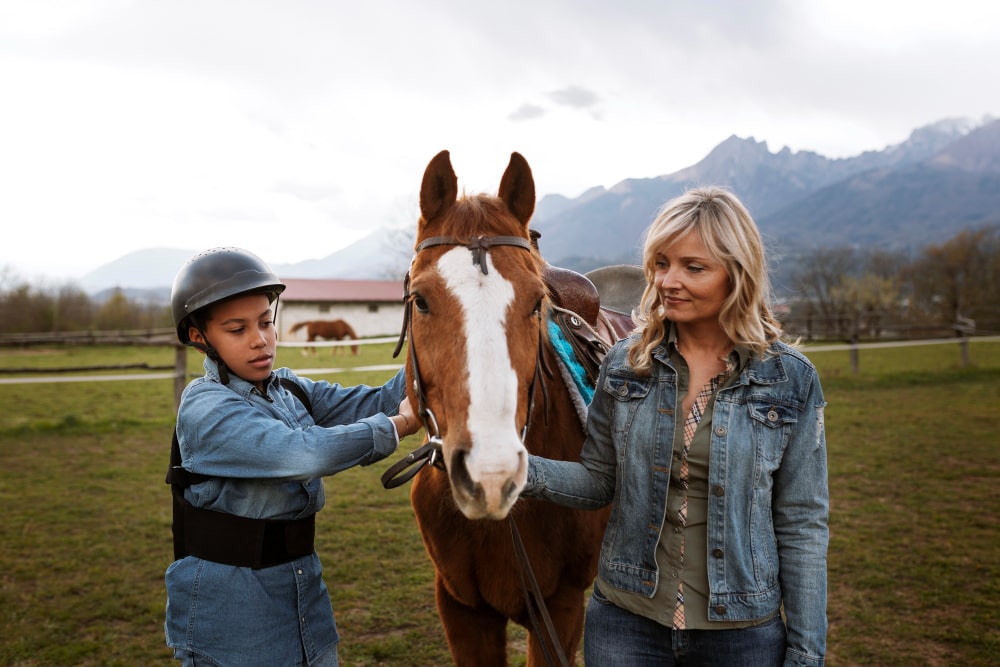
Is MIPS Worth for Equestrian?...
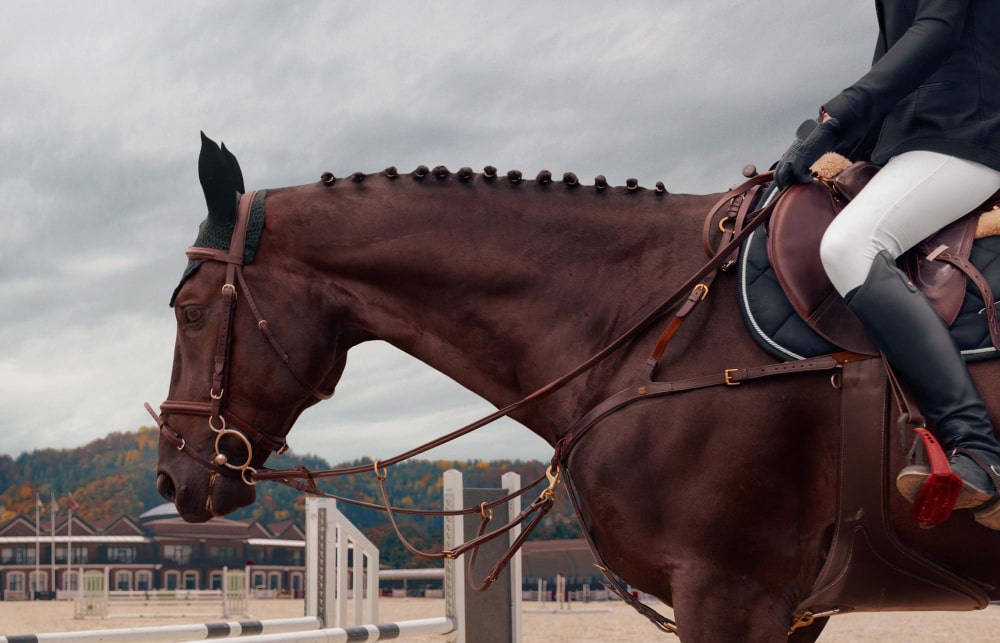
Natural Horsemanship vs Positive Reinforcement: ...

How to Mount a Horse ...
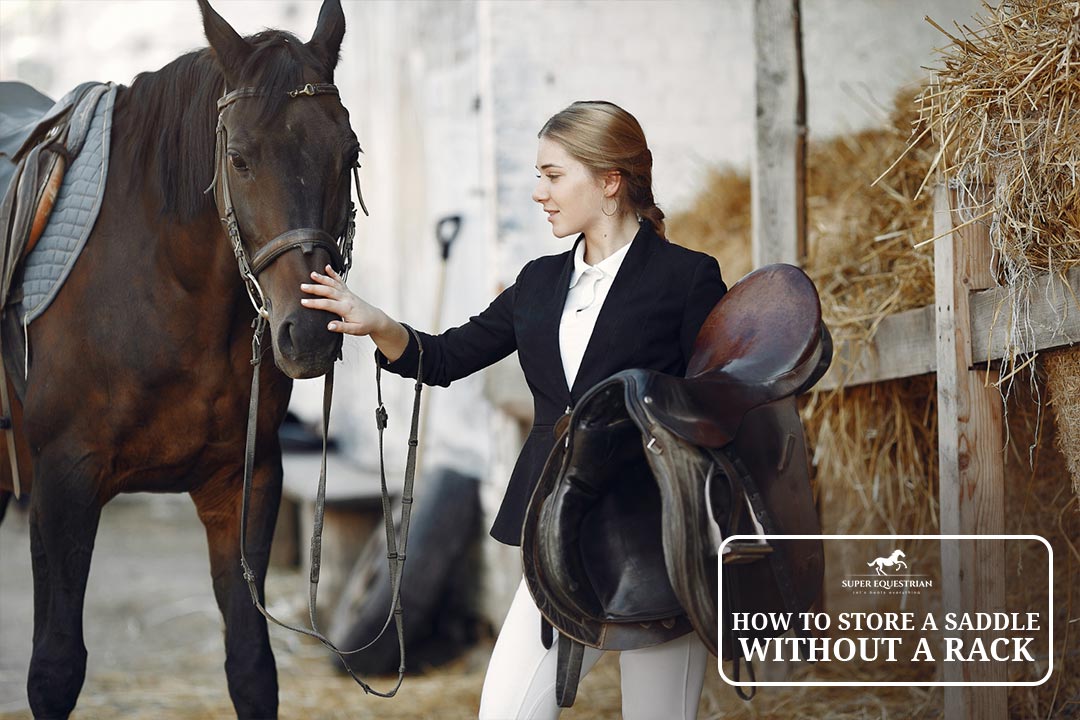
How to Store a Saddle ...
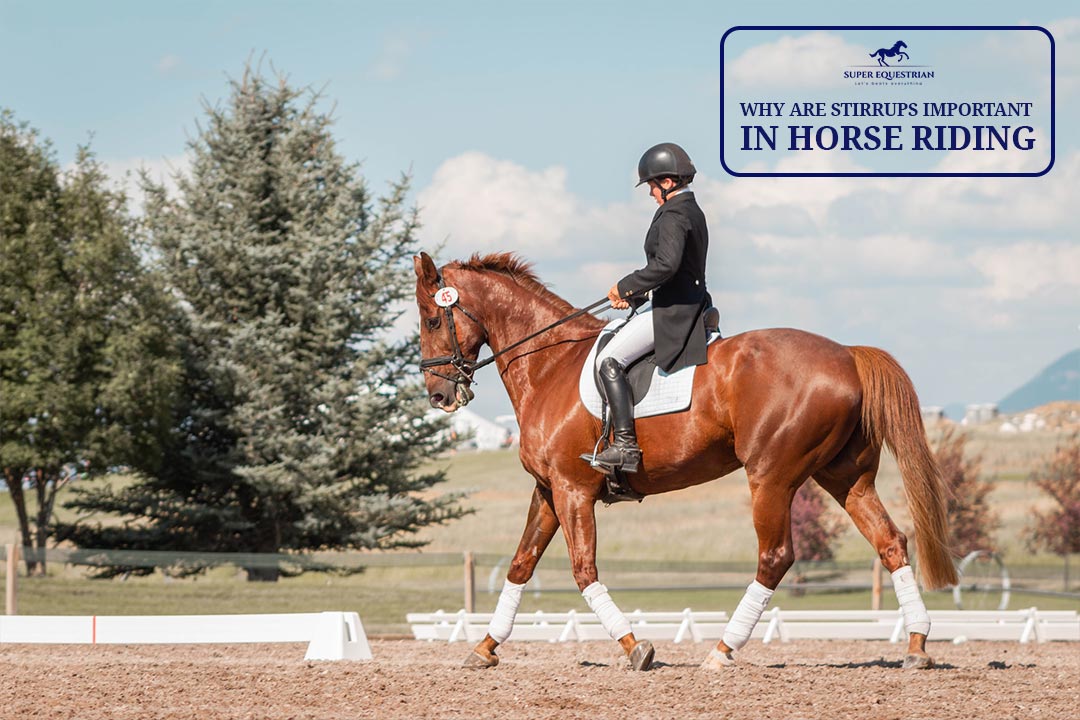
Why are Stirrups Important in ...
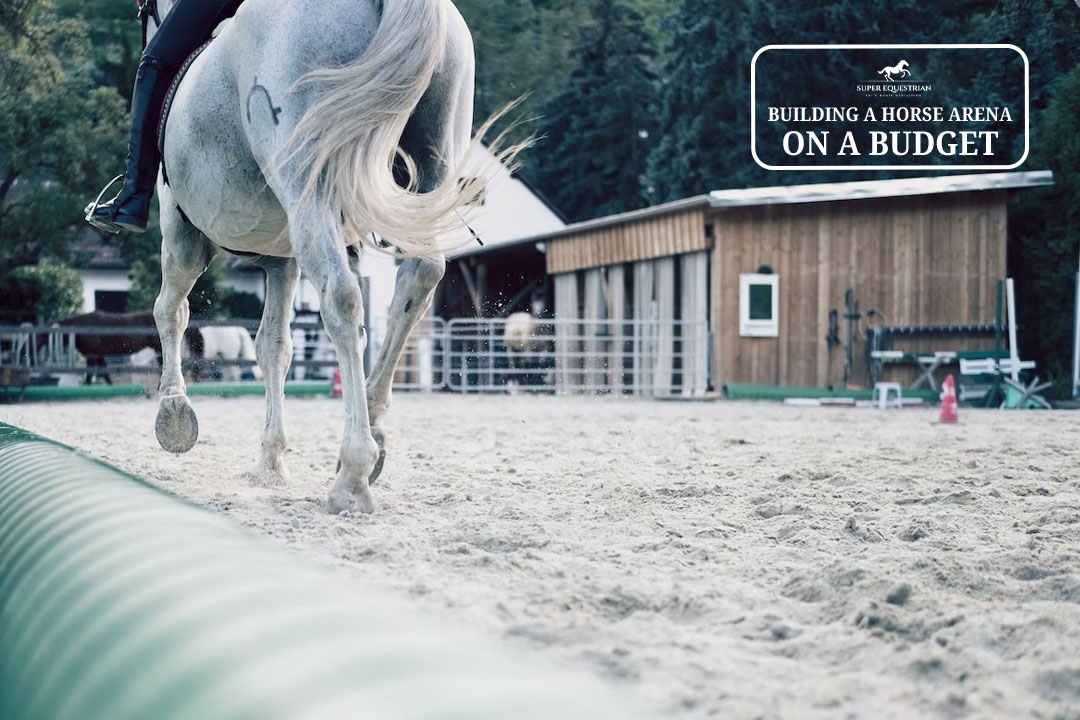
Building a Horse Arena on ...

How to Make Horse Treats ...

Order of Grooming a Horse...

Horse Riding Lessons Plan: The ...

Horse Trailer Roof Replacement and ...
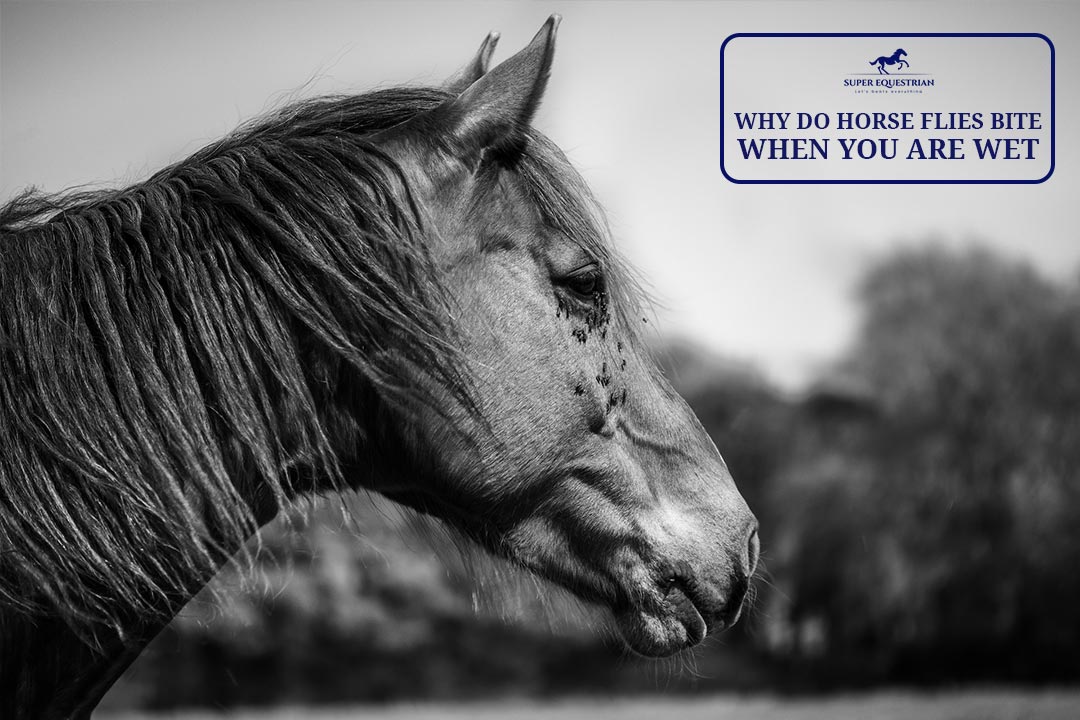
Why Do Horse Flies Bite ...
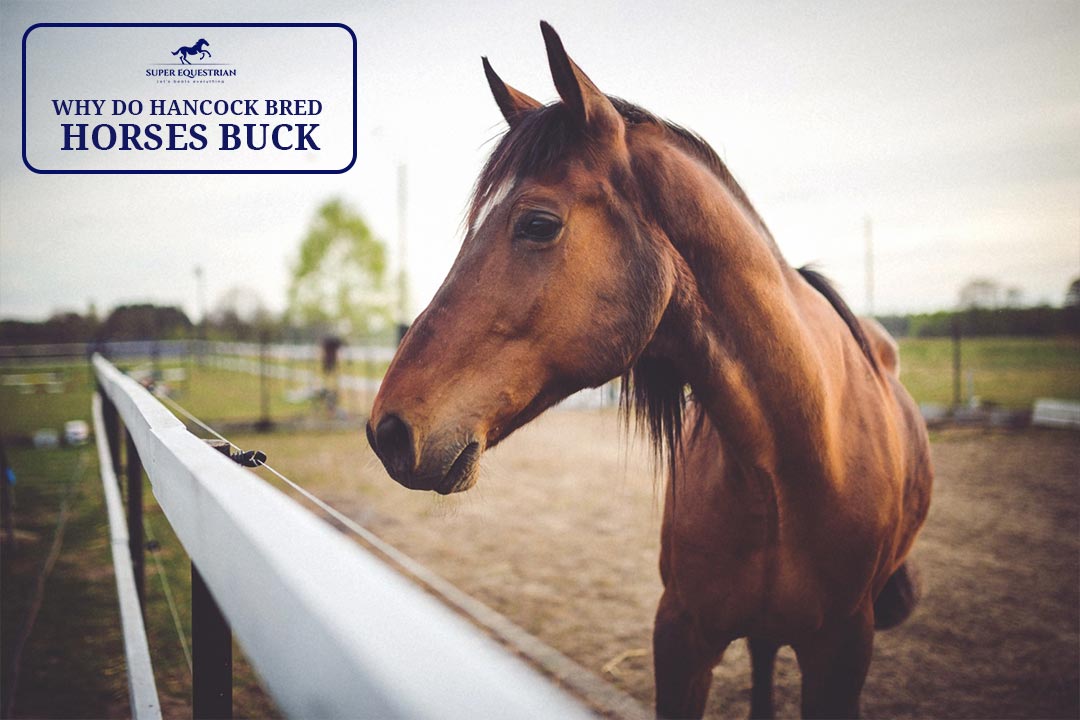
Why Do Hancock Bred Horses ...

Quarter Horse Bloodlines to Avoid...
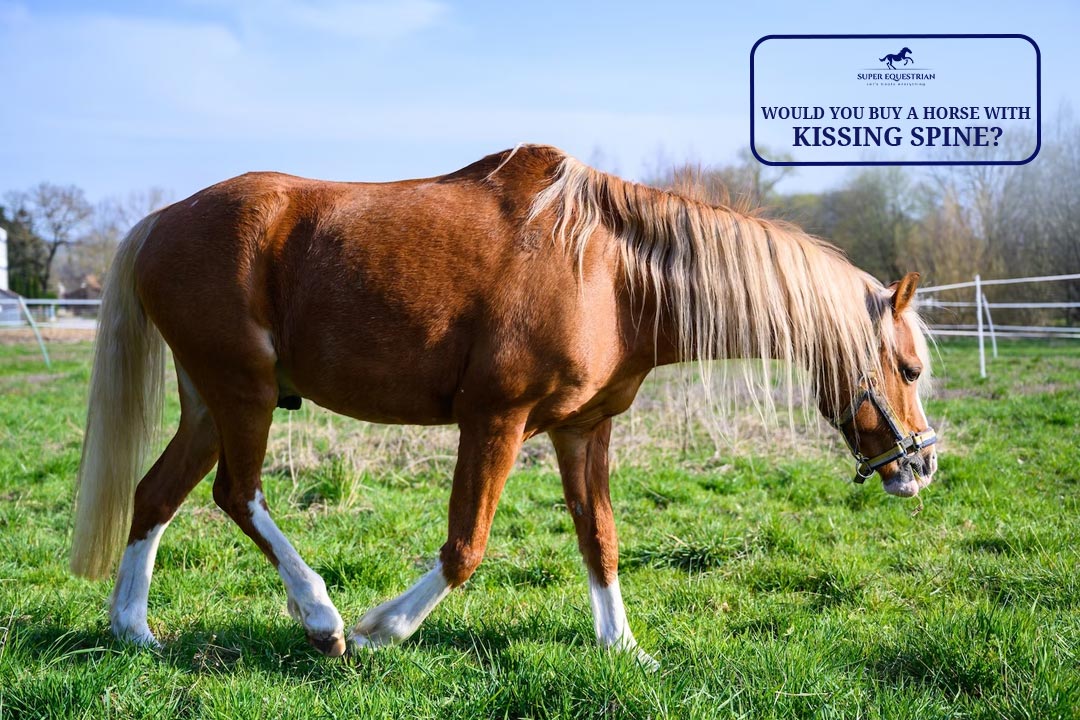
Would You Buy a Horse ...
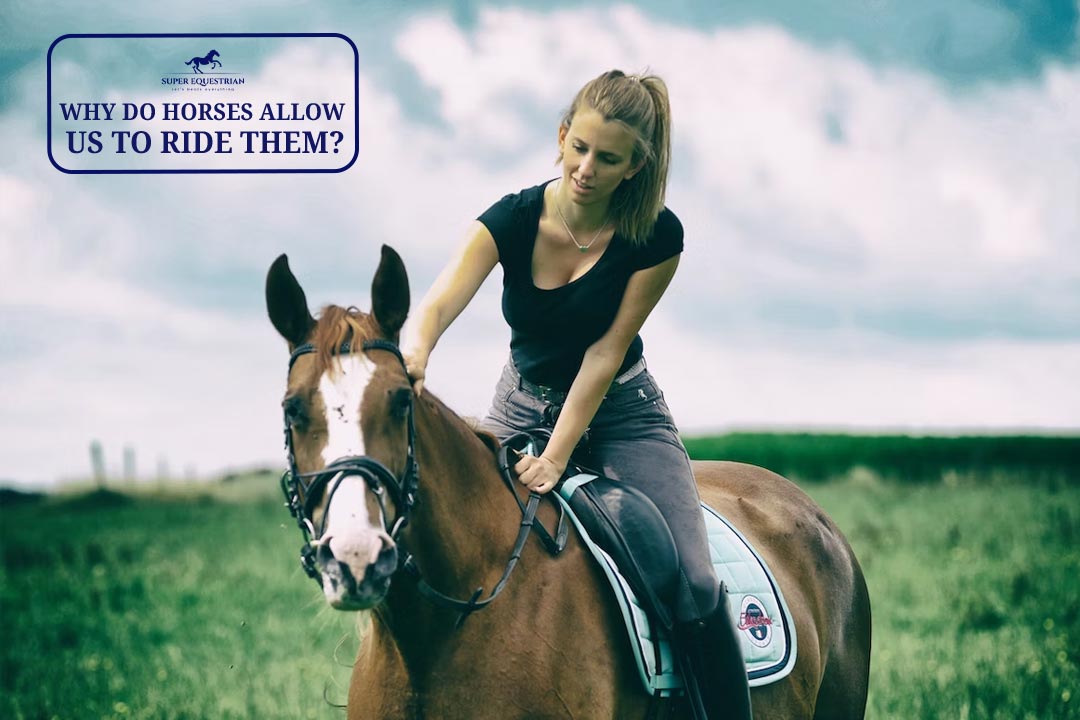
Why Do Horses Allow Us ...
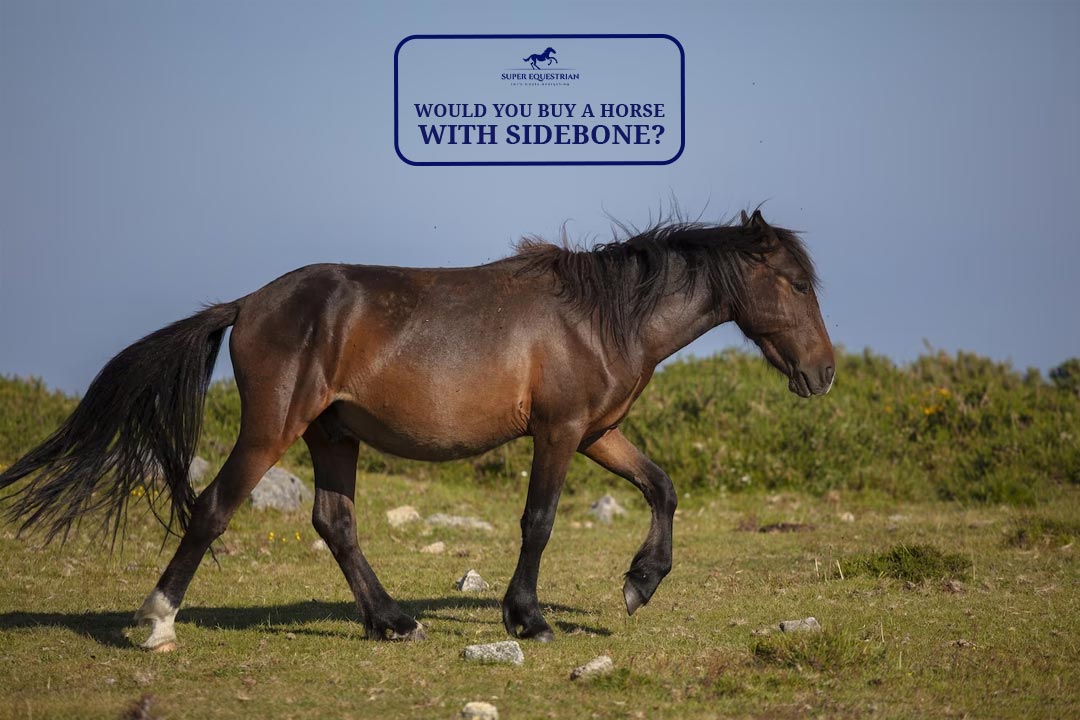
Would you buy a horse ...

Why Are Klapper Bits So ...
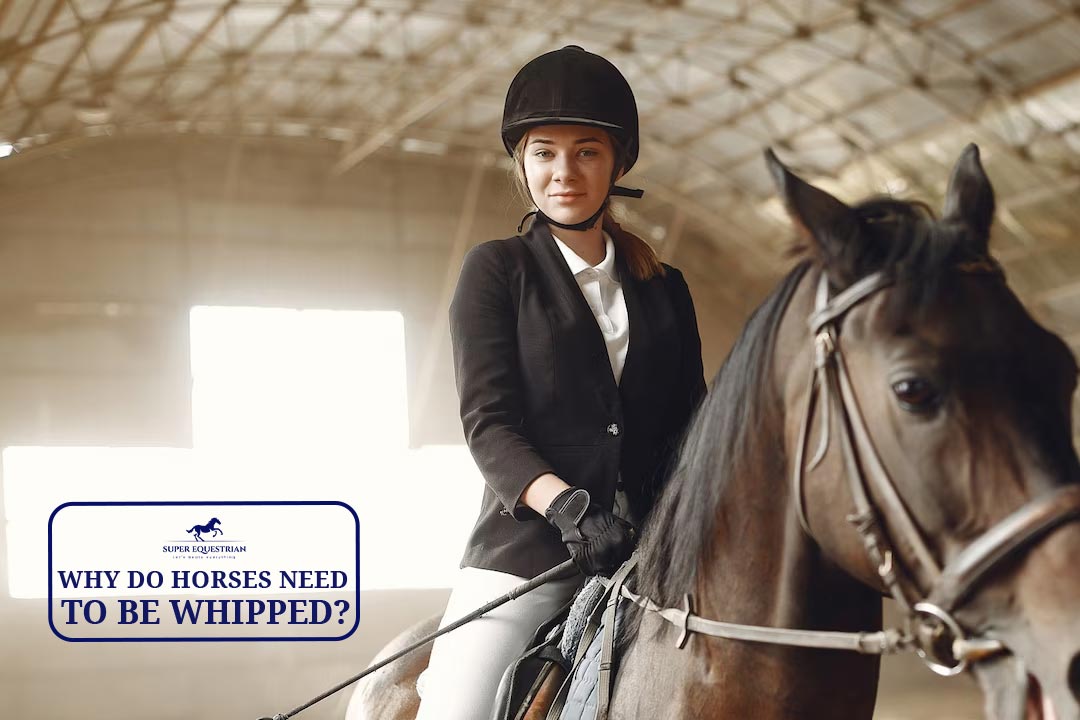
Why do horses need to ...

Why do you mount a ...
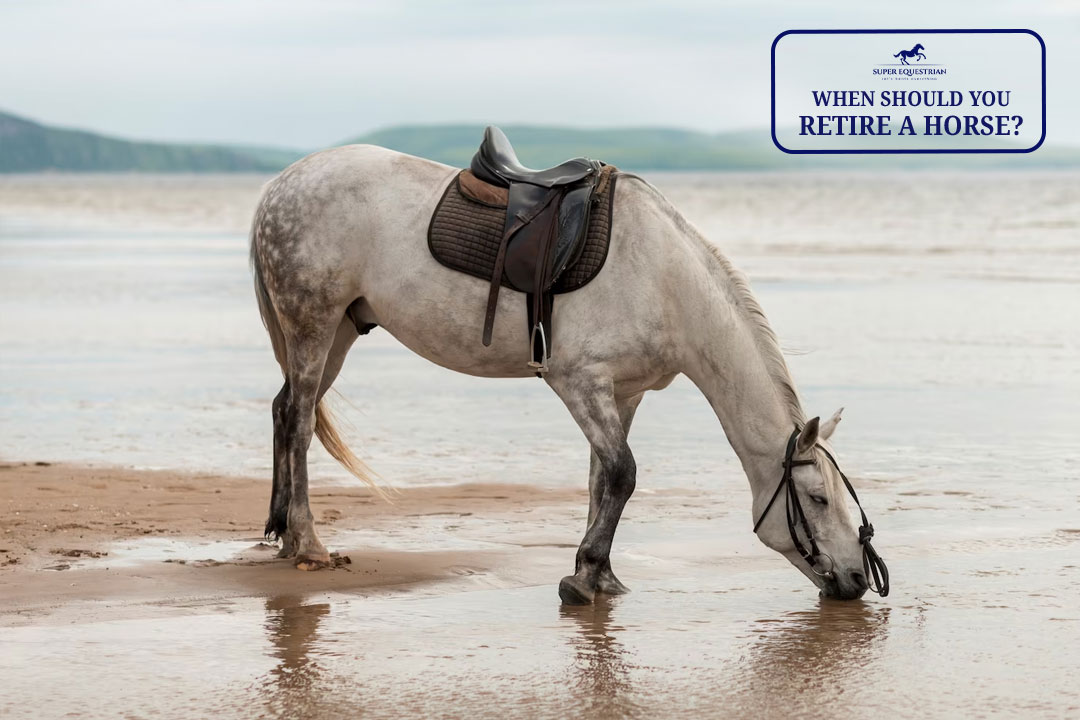
When Should You Retire A ...
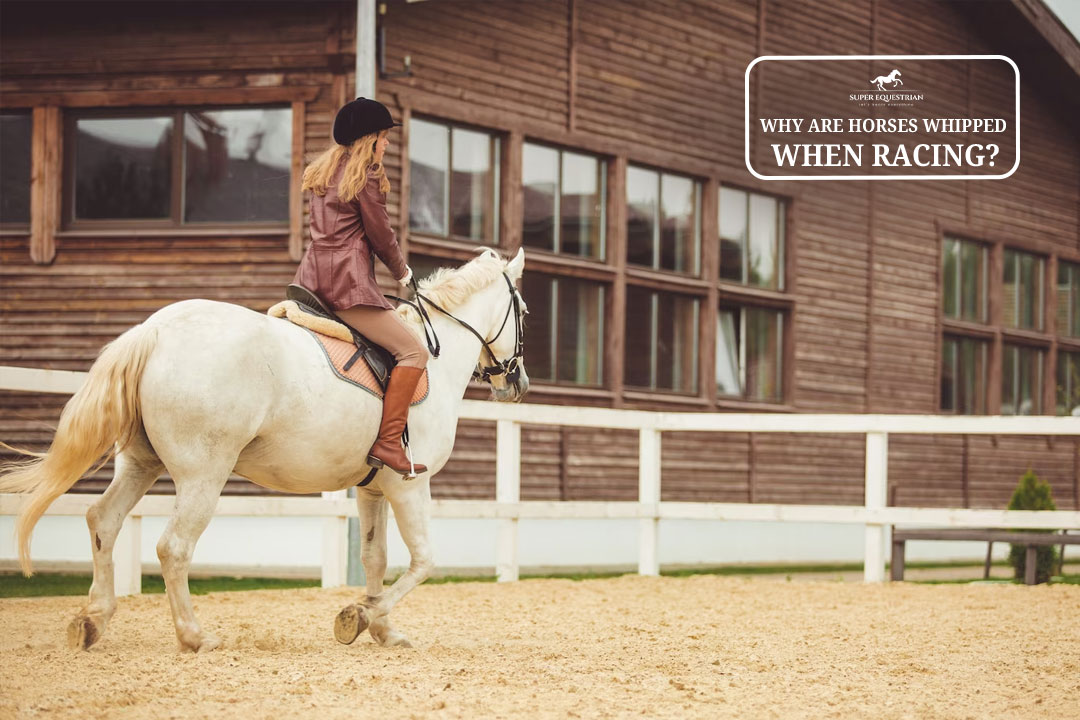
Why Are Horses Whipped When ...
.jpg)
Why Do Horses Have A ...
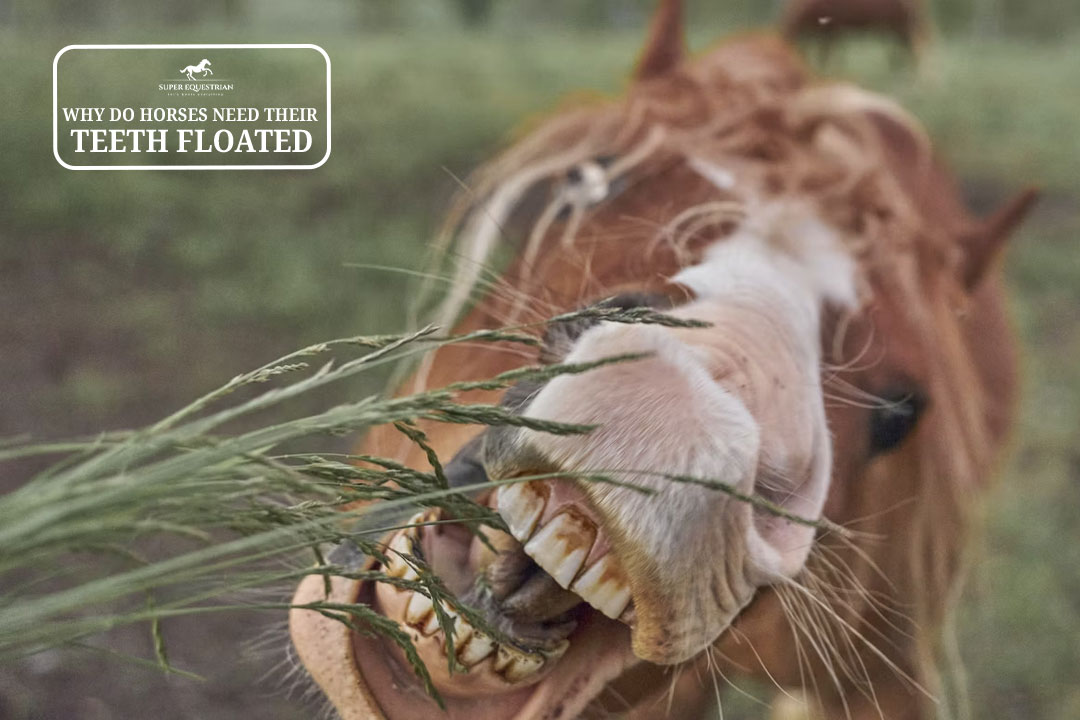
Why Do Horses Need Their ...

What To Do If Horse ...

What To Do If A ...
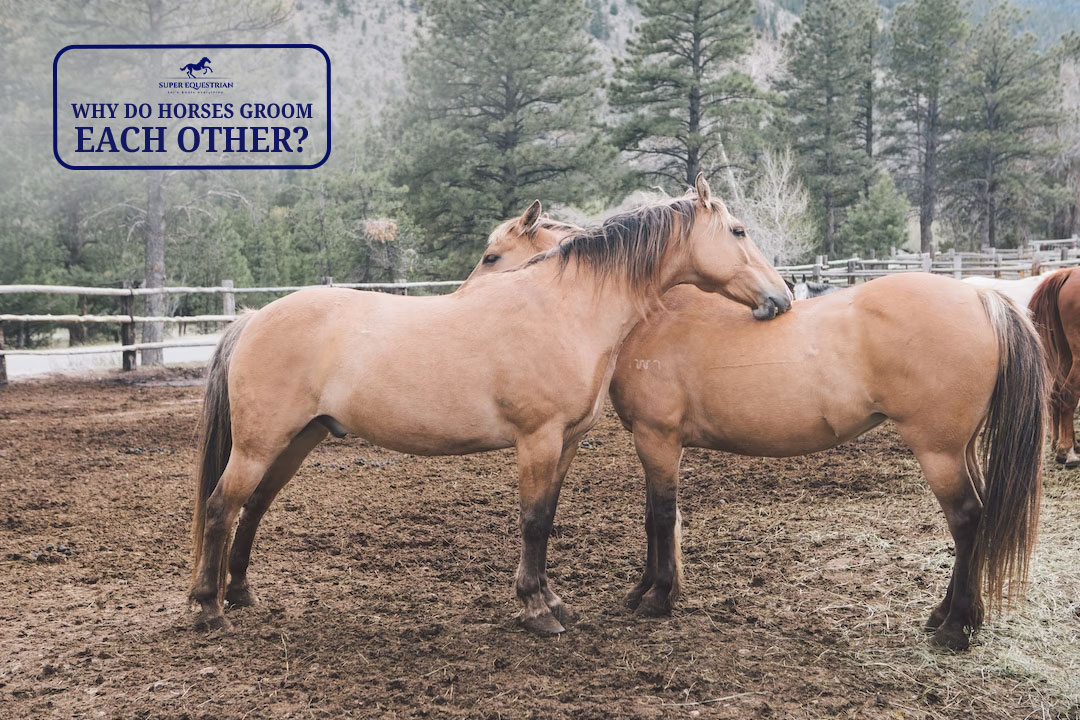
Why do horses groom each ...
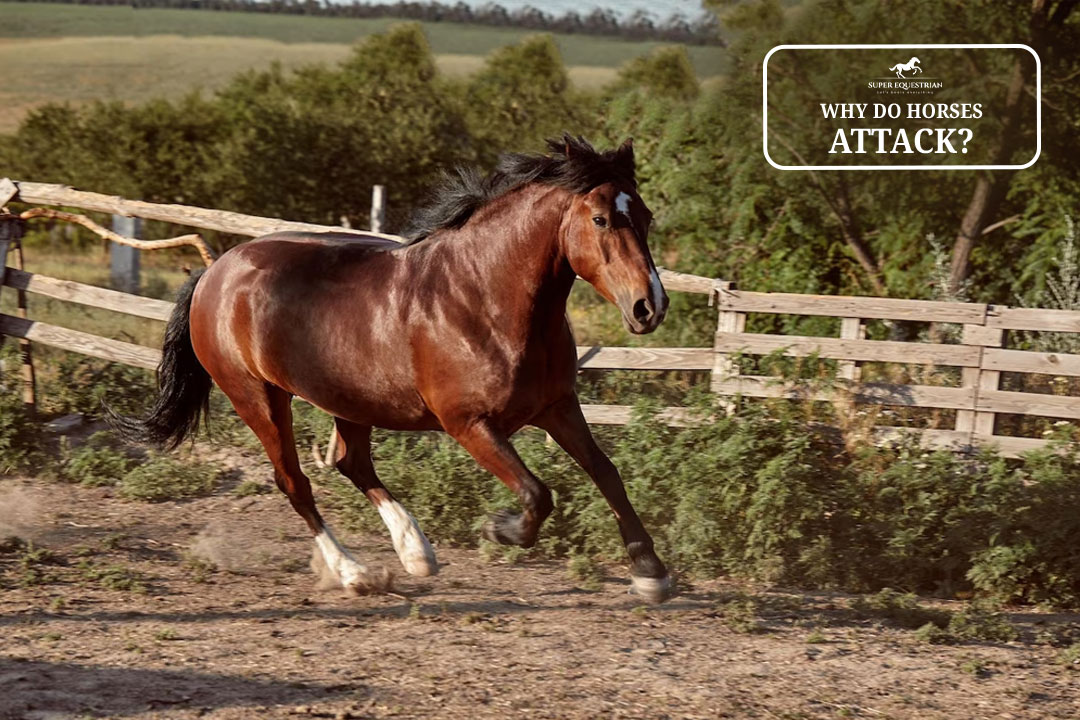
Why do horses attack...

Should I Use a Martingale ...

How to fit bell boots ...
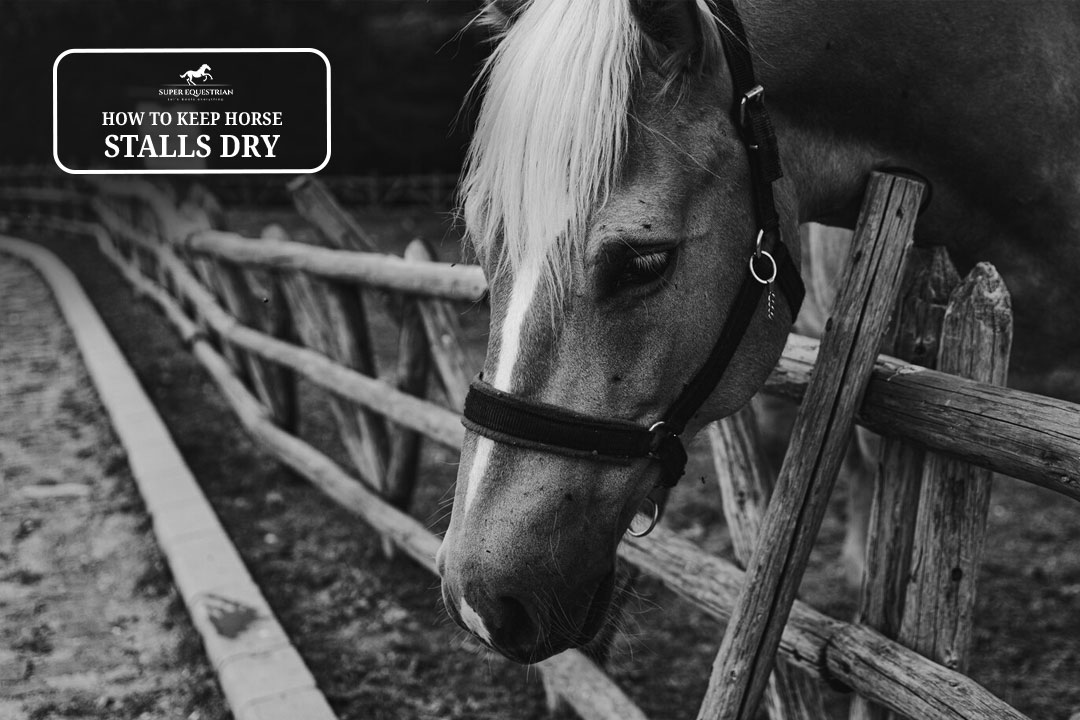
How To Keep Horse Stalls ...
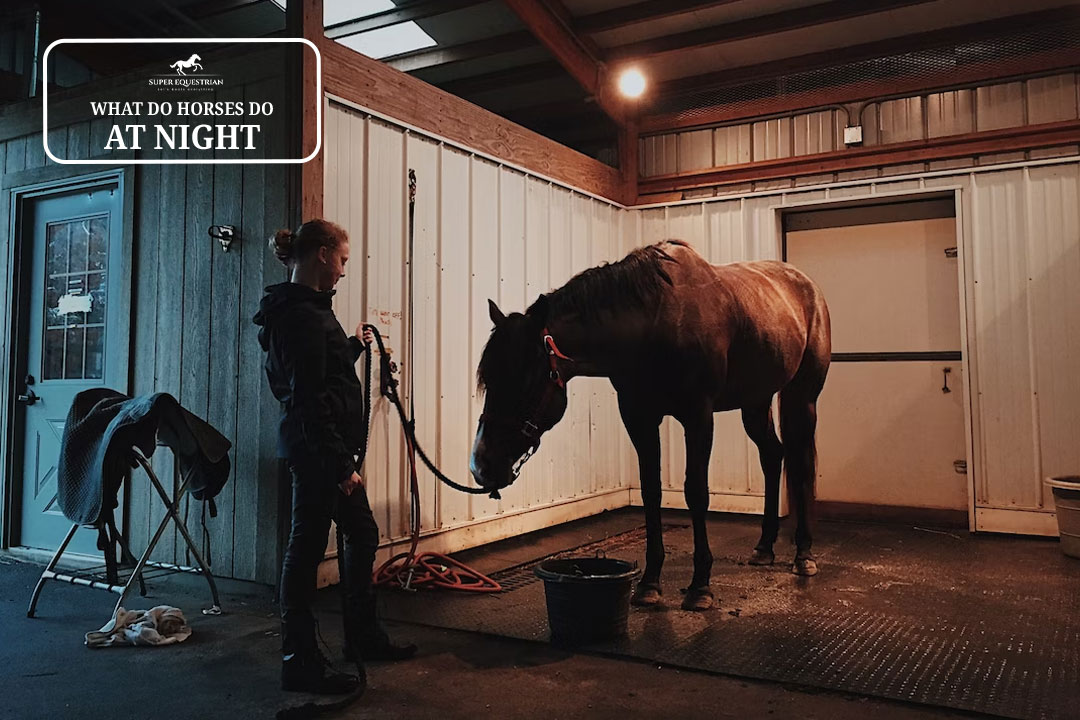
What Do Horses Do At ...
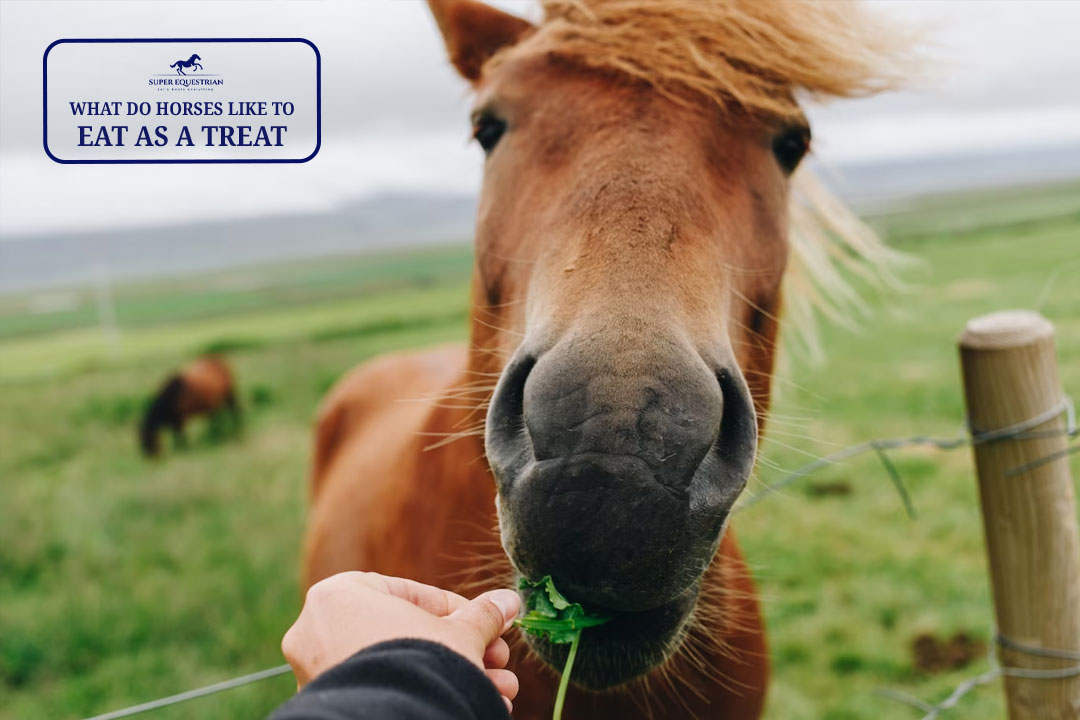
What do horses like to ...

Why do wild horses get ...
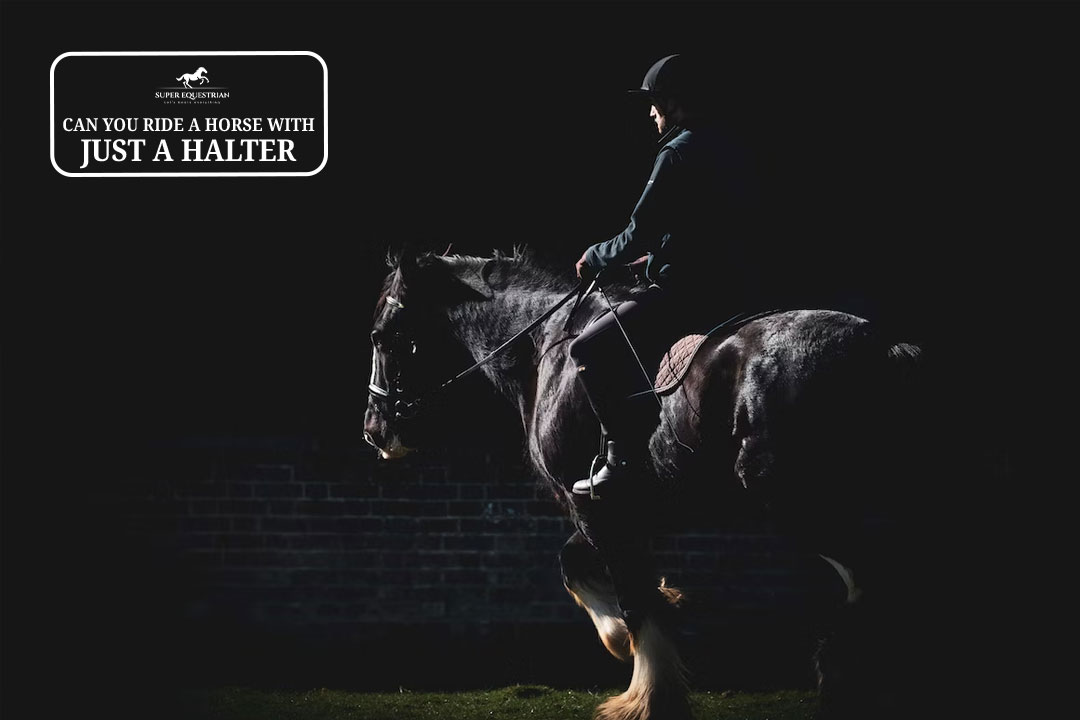
Can you ride a horse ...
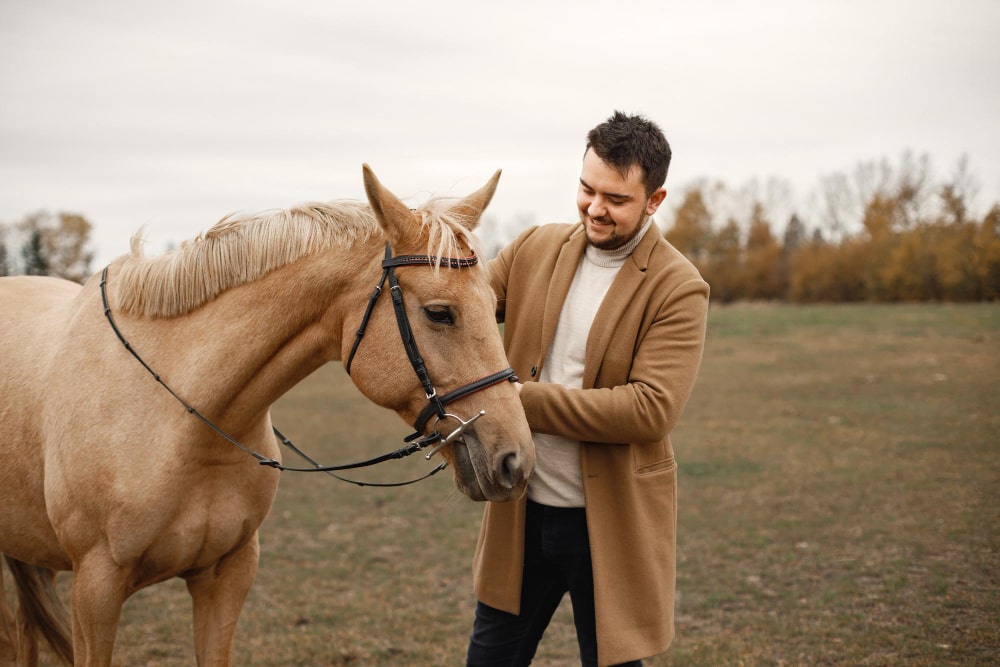
Are horses protective of their ...
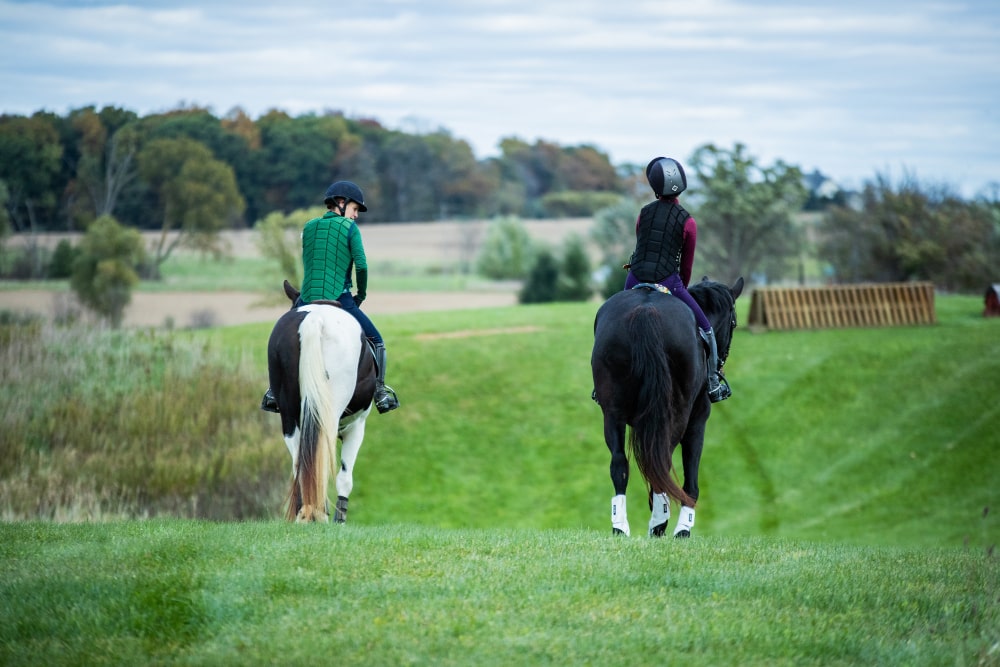
Why racking horses are popular ...

How To Keep Horses Off ...
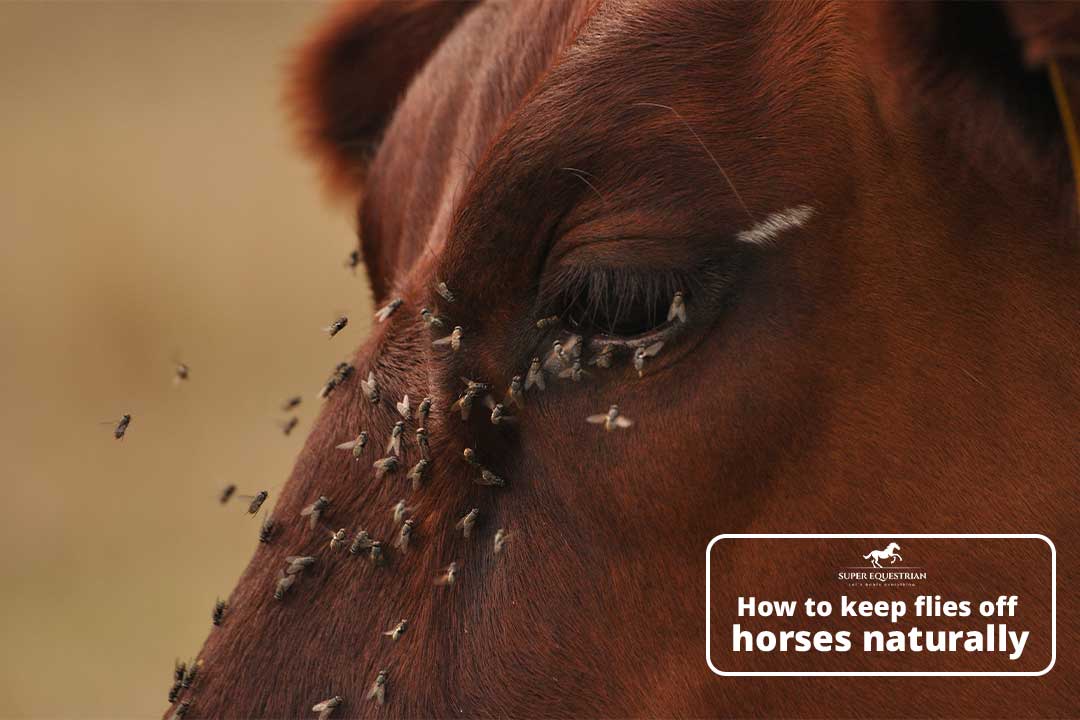
How to Keep Flies Off ...
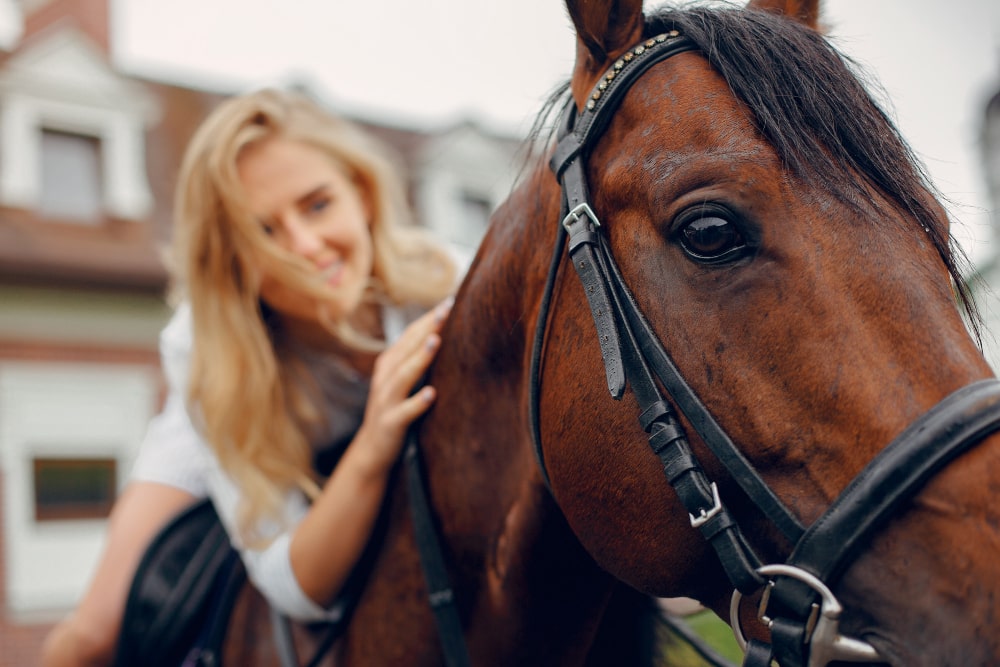
Pros and Cons Using A ...
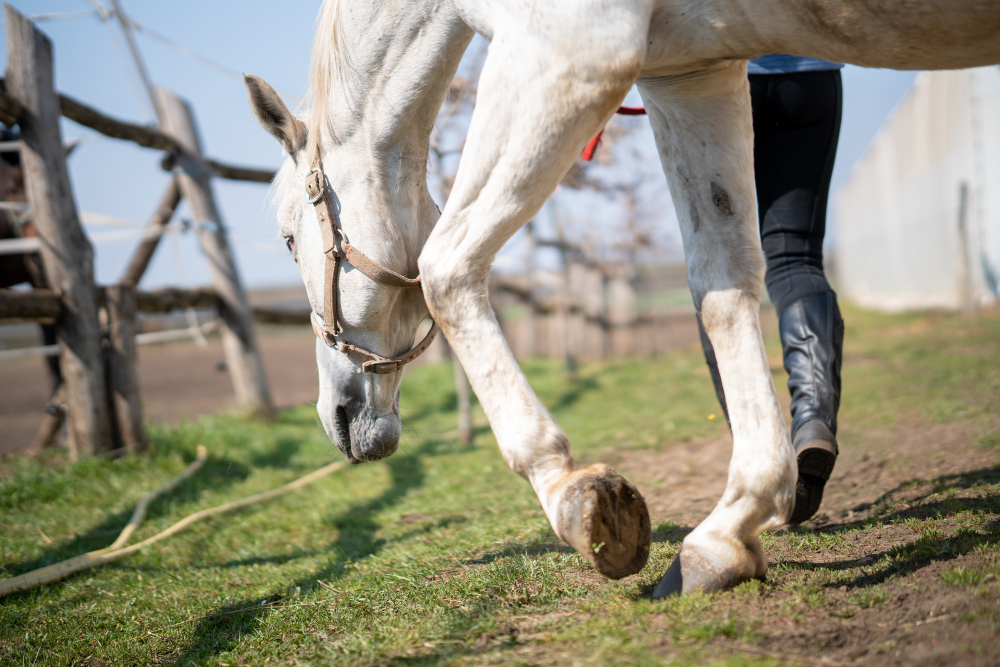
Can you ride a horse ...

Why are Corriente saddles so ...
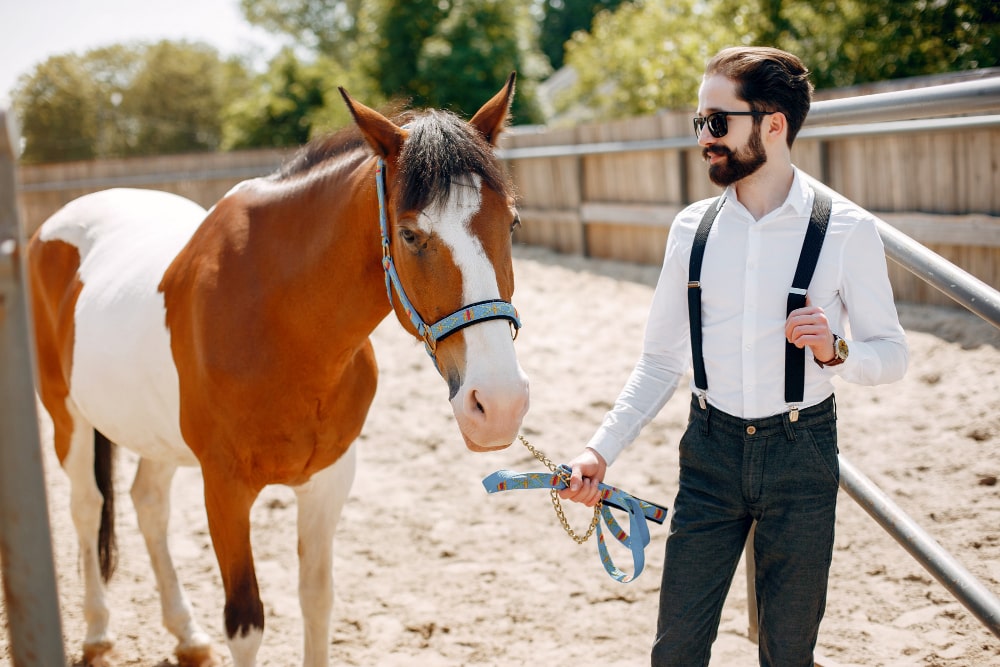
Pros and cons of equine ...
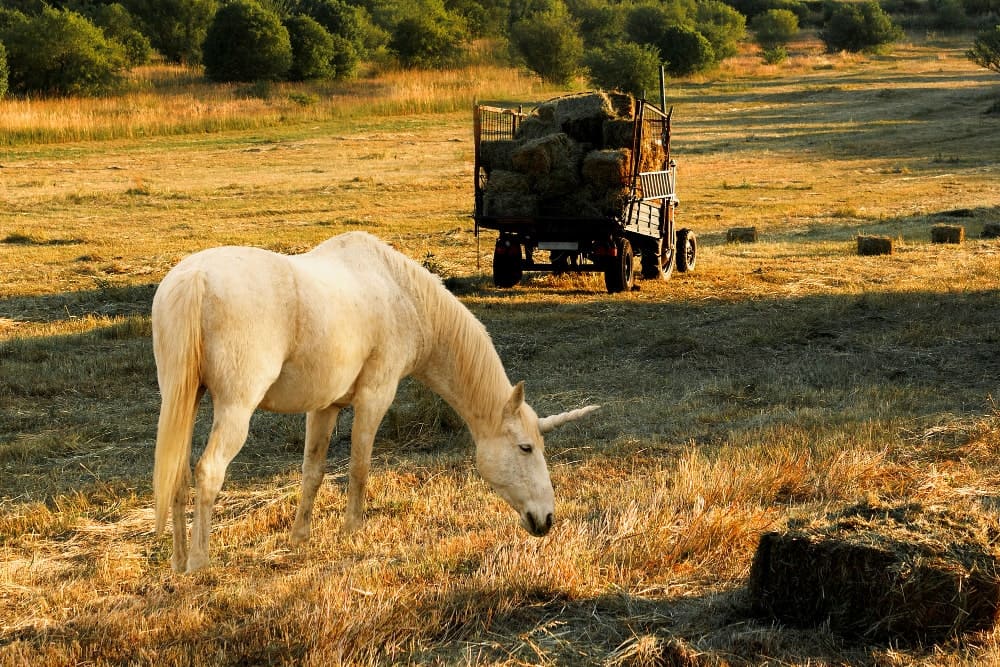
How Long After Mowing Can ...

How to Care for a ...
.jpg)
Why Do Horses Wear Blinders: ...
.jpg)
How to fit an exercise ...

Why is my horse bucking ...
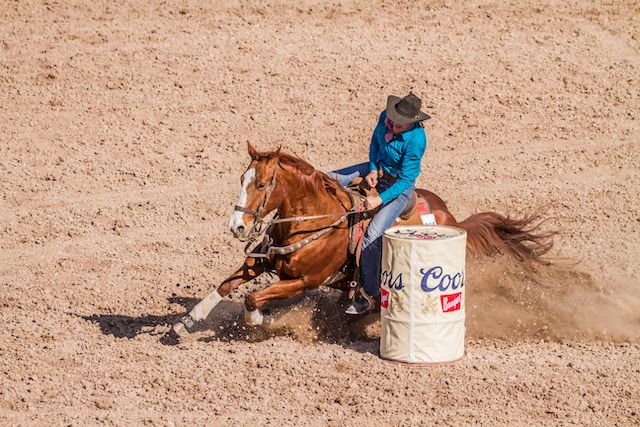
What causes a horse to ...
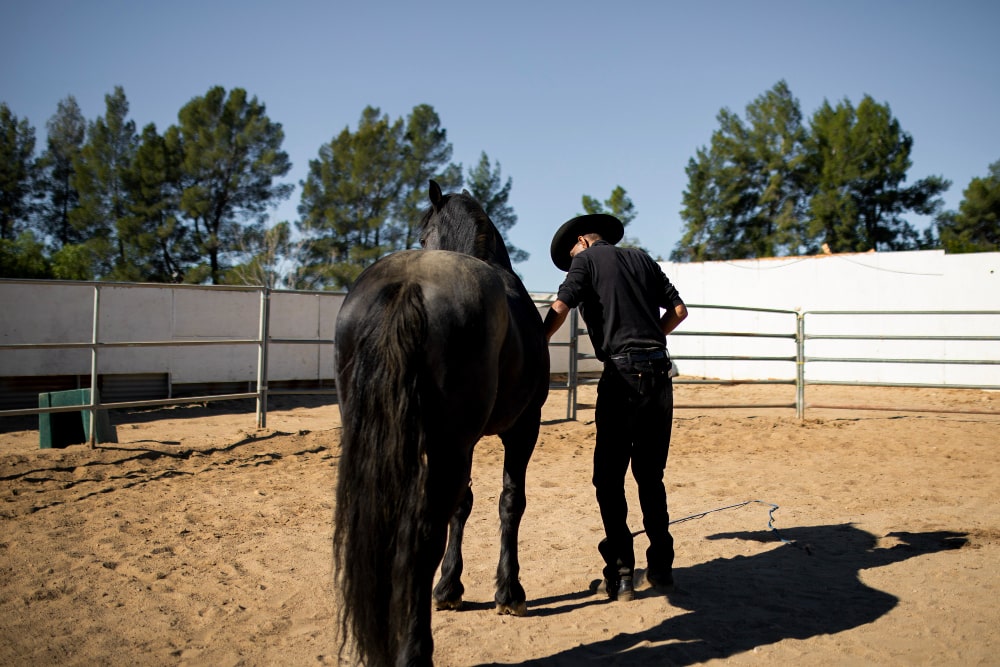
How to Stop a Horse ...
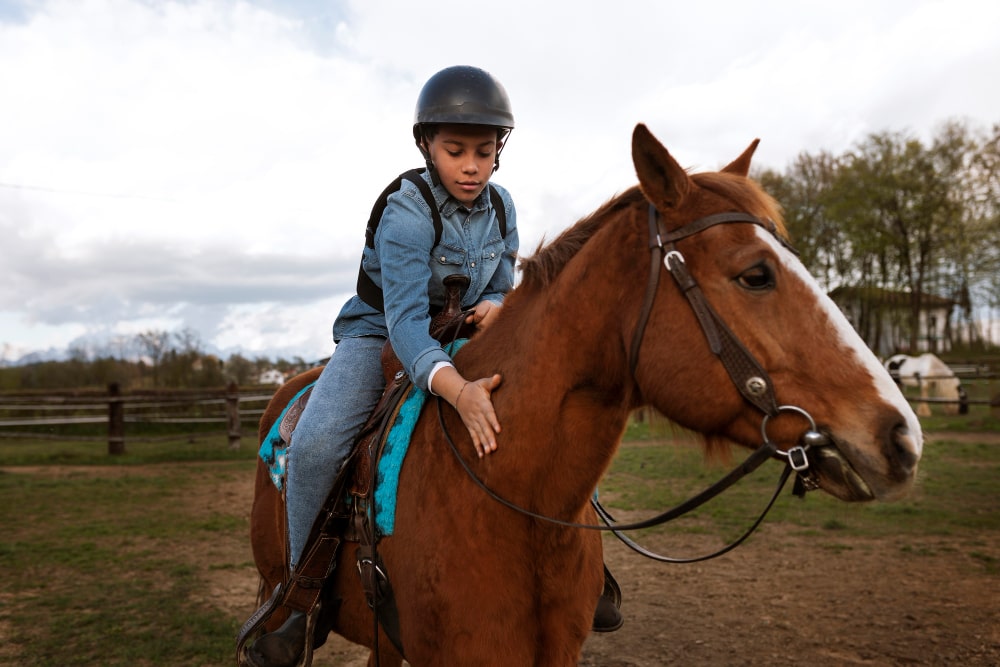
Why Is My Horse Bunny ...
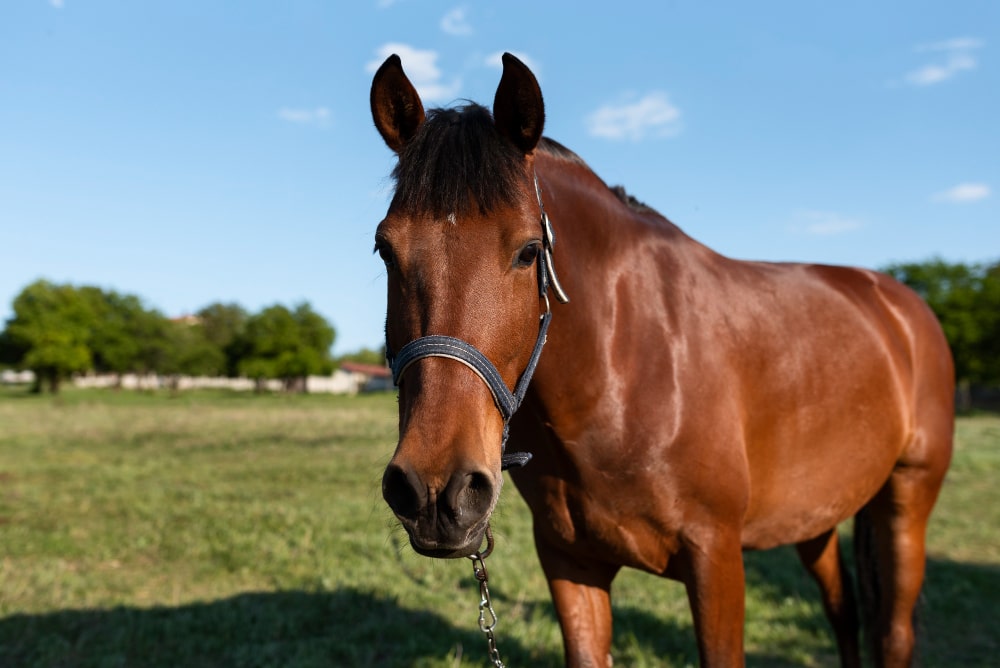
How To Improve Pasture For ...
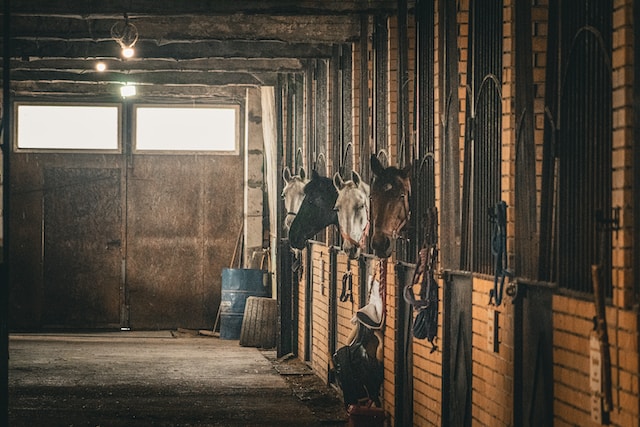
How to get the smell ...

Can you add ramp to ...

What Is The Temperament Of ...
.jpg)
Why Is Friesian Horse Hair ...
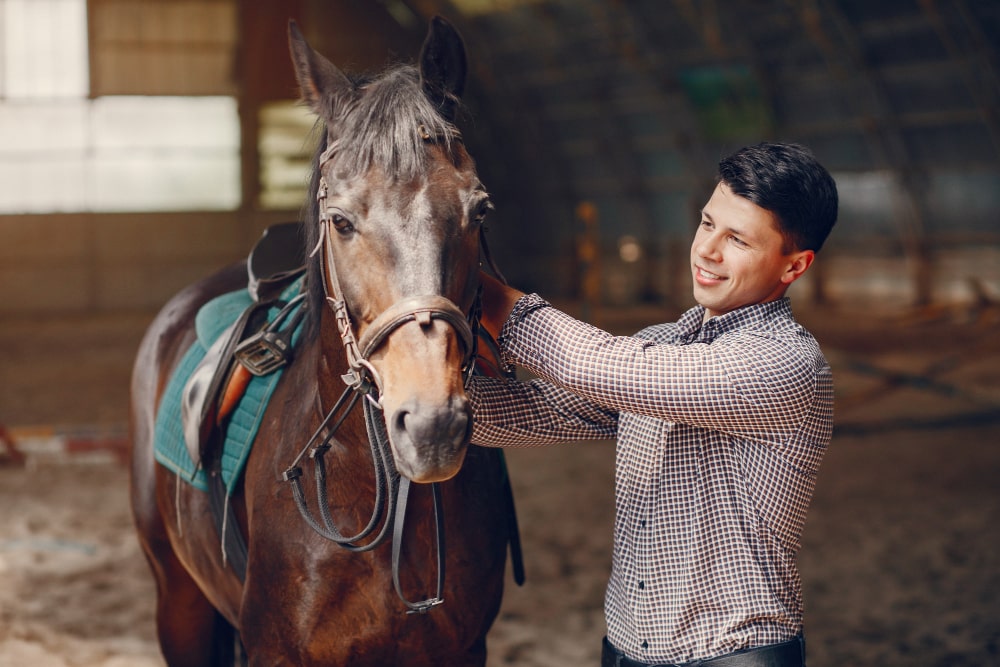
Why is my horse testing ...
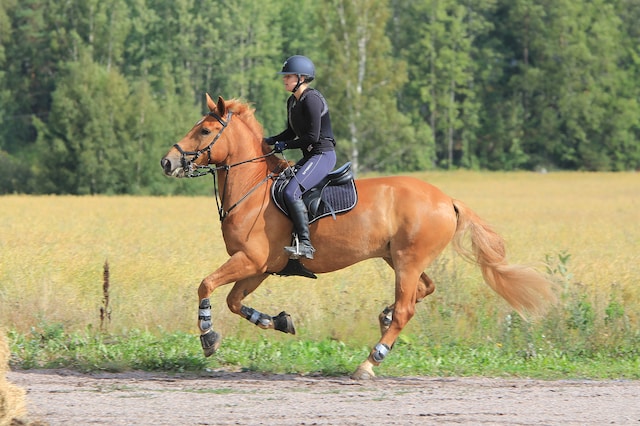
How often you should take ...
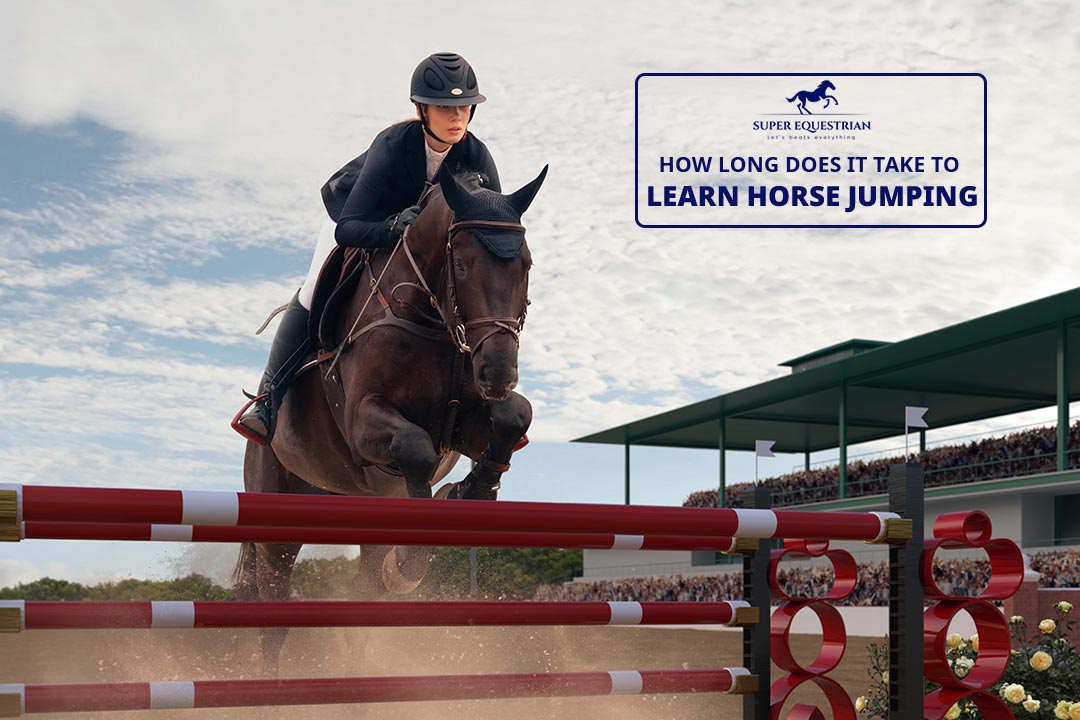
How long does it take ...
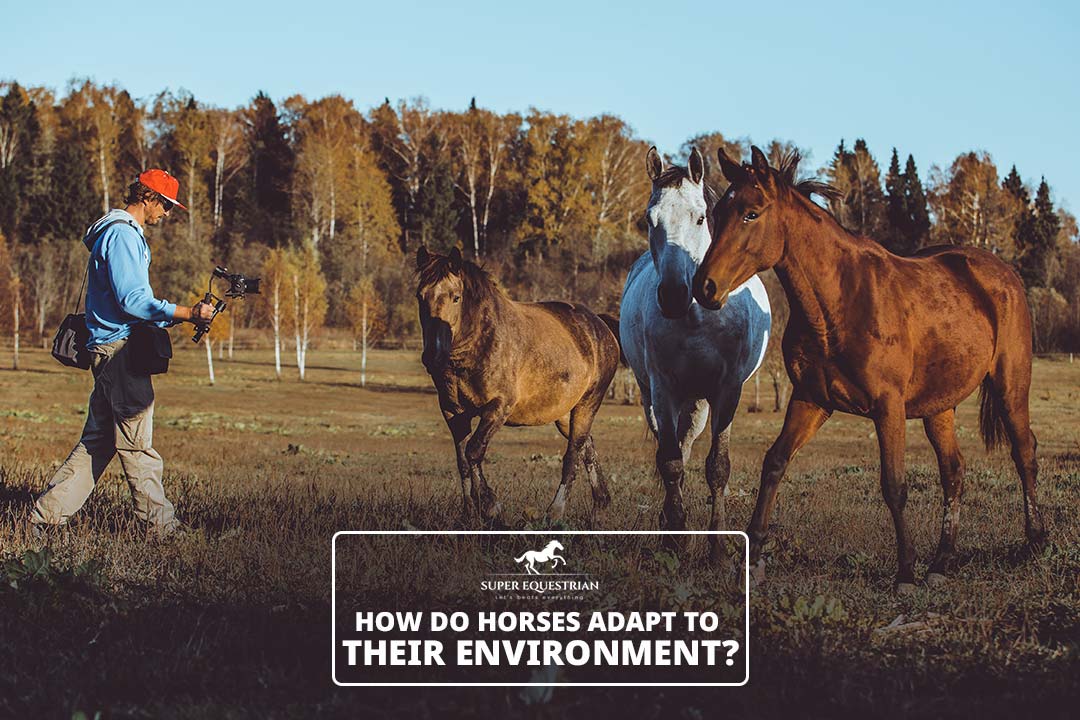
How do horses adapt to ...

How To Prepare For A ...
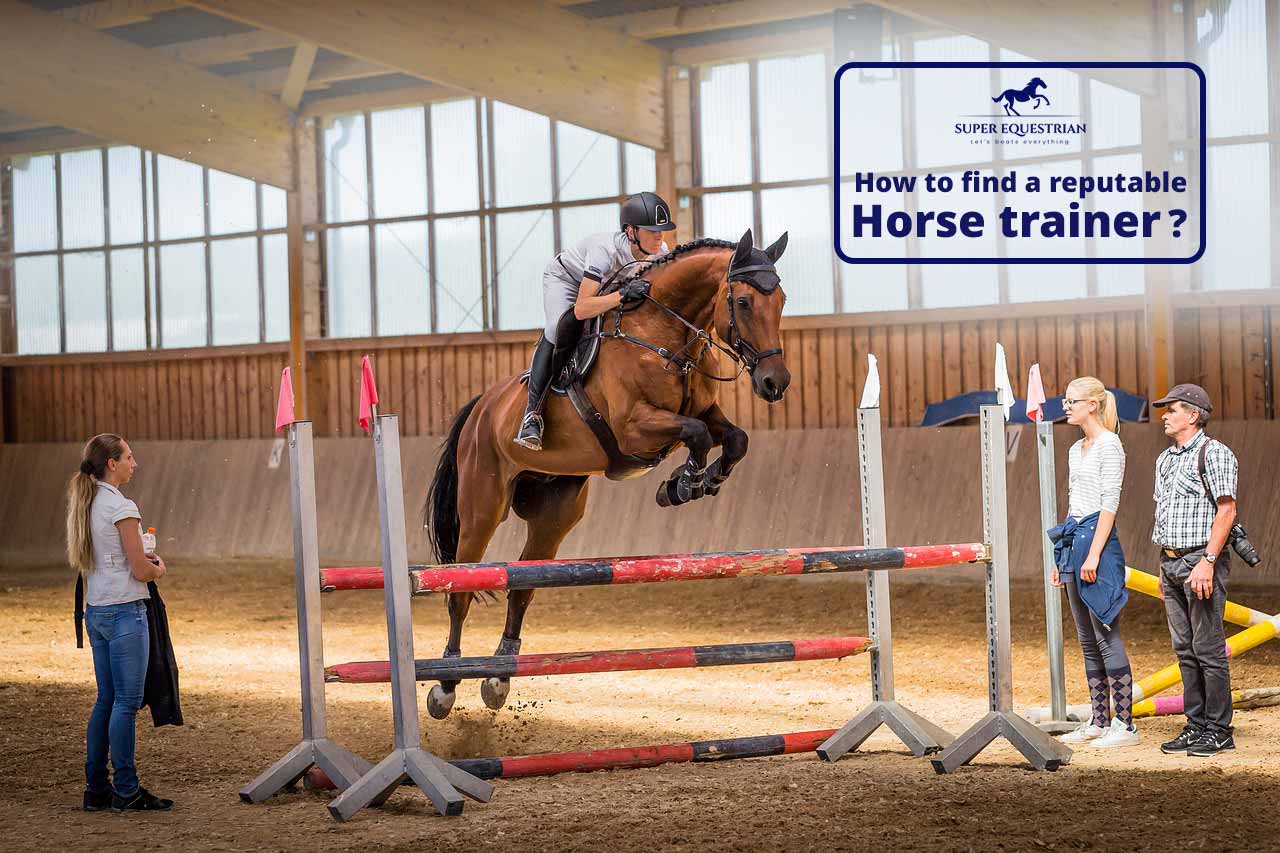
How To Find A Reputable ...
.jpg)
Do Horses Get Medals at ...

How to create a horse-...